

Google+ finally ceased operations in April after eight years of efforts to boost interest in the struggling social network. The long-anticipated shutdown represents just the latest major Google product to fail to live up to its promise.
Google has gained notoriety for scuttling dozens of projects, but just like success, failure is part of doing business. Entrepreneurs and large companies often take on big risks, hoping for success but not always finding it.
These failures can take many different forms. Often, a product simply does not connect with consumers and does not sell. In other cases, it may not come close to meeting a company’s expectations or plans, or it is recalled or discontinued for some flaws. These can all be marked as failures. While failures are expected, some can be so catastrophic they can lead to permanent damage to a company’s reputation, layoffs, and even complete financial ruin.
Sometimes, it can take years or even decades for a product flop to disappear from the market. This was the case with Betamax, a video format that Sony introduced with the expectation it would replace VHS. Despite being technologically superior to VHS, Betamax lost market share until it eventually vanished.
Some of the products on this list were among the most highly anticipated products of the year, and when released, they were the biggest product launches of the year — that is, before failing.
24/7 Wall St. reviewed some of the greatest product launch blunders throughout history. Today, these product flops exist as case studies companies use to avoid future failure. They range from Ford’s Edsel in 1958 to 2016’s Galaxy Note 7. Many of these products led to losses in the hundreds of millions, and sometimes billions, of dollars. In tech, film, the internet, the pharmaceutical industry, and more, these are the biggest product flops of all time.
Click here to see the 50 worst product flops of all time.
Click here to see our detailed findings and methodology.

1. Google Glass
> Company: Google
> Year introduced: 2013
> What it was: Wearable technology
Google first announced Google Glass — an eyeglasses shaped head-mounted display with smartphone capabilities — to the public in 2012. The announcement began with a statement of principle: “We think technology should work for you — to be there when you need it and get out of your way when you don’t.” After two years of disappointing sales, it was clear consumers did not need Google Glass. Google stuck to its principle, and in 2015 discontinued the product’s development. Privacy concerns, reported bugs, low battery life, bans from public spaces, and an inability to live up to the hype all stymied public adoption of the technology.
[in-text-ad]
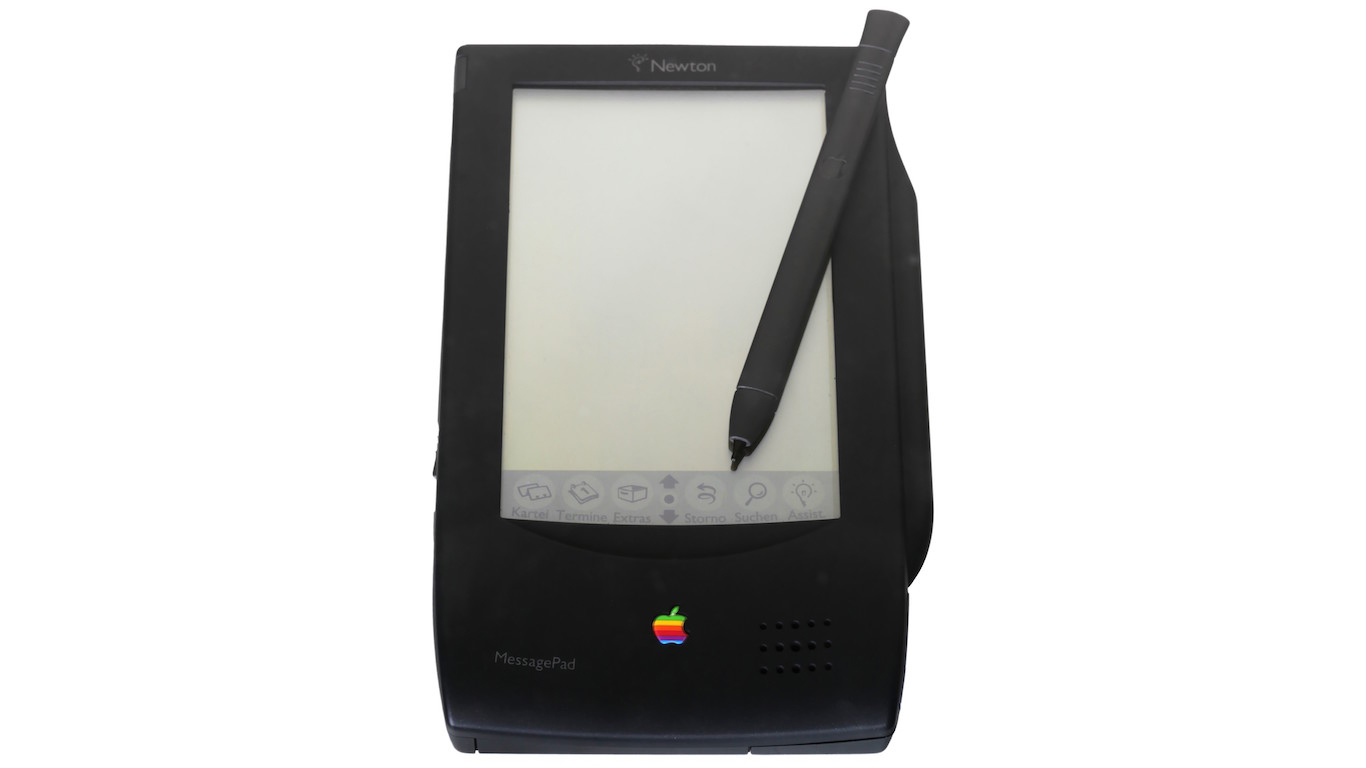
2. The Newton
> Company: Apple
> Year introduced: 1993
> What it was: Personal digital assistant
While the personal digital assistant would become a popular consumer electronics product in the late 1990s, the first PDA was one of the biggest product flops of all time. One year after Apple CEO John Sculley coined the term “PDA” in 1992, the company released the Newton MessagePad. While the device incorporated innovative technology such as a pen-based touch screen and the ability to sync with software on a personal computer, Apple sold only 50,000 units of the product in its first four months on the market. The Newton product line was discontinued in 1998.
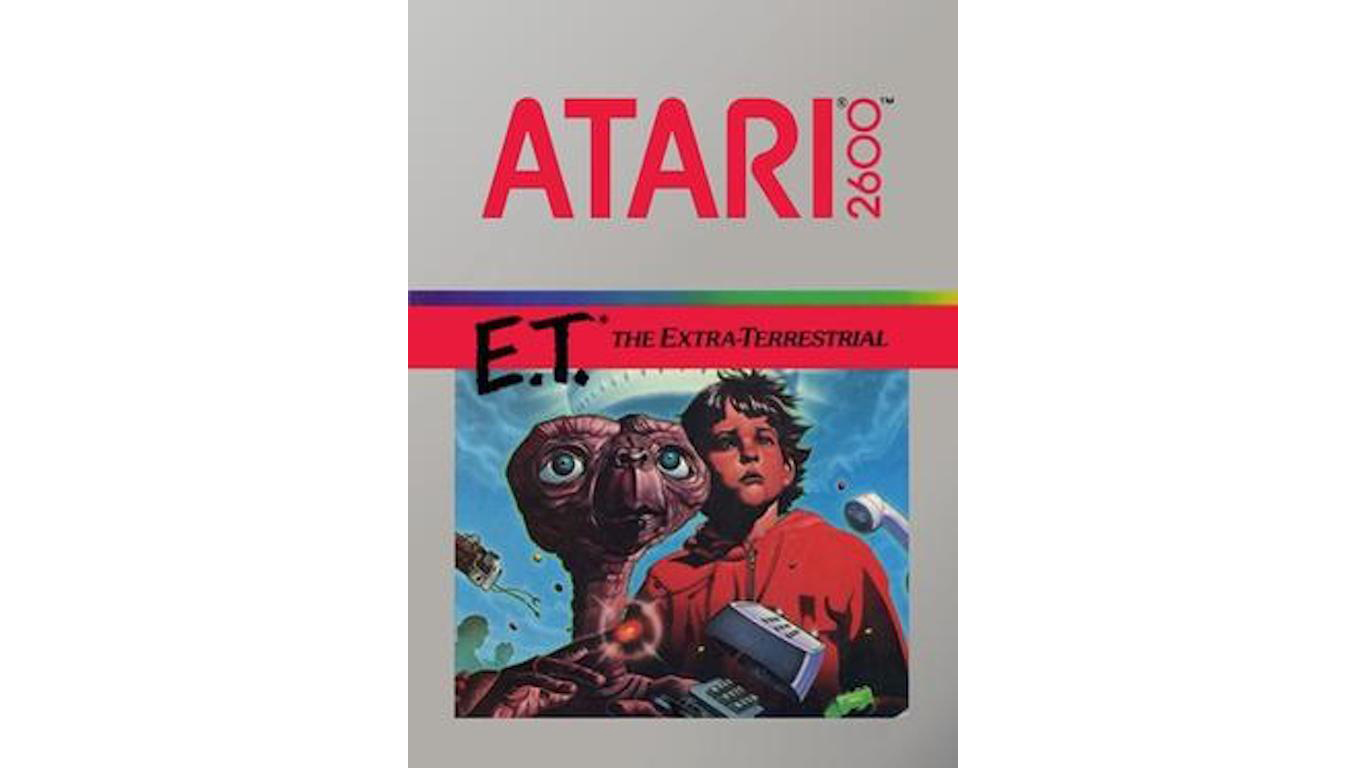
3. E.T. the Extra-Terrestrial
> Company: Atari
> Year introduced: 1982
> What it was: Video game
Several video games have failed over the years, but arguably none as spectacularly as E.T. the Extra-Terrestrial. The video game was developed shortly after the release of Steven Spielberg’s classic film. With only five weeks spent in development — games typically take months, if not years, to program — the game was notoriously difficult and sold miserably. Atari spent $21 million to purchase the rights to the franchise and $5 million on promotion of the game. The company made 4 million copies of the game, but sold only 1.5 million. Atari buried the leftover copies in a landfill.

4. Satisfries
> Company: Burger King
> Year introduced: 2013
> What it was: French fries
In 2013, Burger King introduced a new menu item advertised as a healthy alternative to their traditional french fries. Satisfries used a less porous batter, which caused the fry to absorb less oil than regular fries during cooking. While Satisfries were made with a healthier recipe, Burger King failed to convey the difference to customers. The fries were also more expensive than Burger King’s regular french fries, and failed to gain traction with consumers. The company discontinued the fries in 2014, less than a year after they were introduced.
[in-text-ad-2]

5. Premier smokeless cigarettes
> Company: RJ Reynolds
> Year introduced: 1988
> What it was: Cigarette
R.J. Reynolds, the second largest U.S. tobacco company, began marketing in 1988 a smokeless tobacco product that was intended to be a safer way to use a cigarette. In addition to concerns over the product’s actual safety, smokers missed the familiar elements of traditional cigarettes — the smoke, the burn, and the flick. Another issue was the widely-reported unpleasant chemical taste, which one user described as resembling “burning plastic.” Reynolds sunk close to $1 billion into the product before pulling it off the market within a year.

6. Cheetos Lip Balm
> Company: Frito-Lay
> Year introduced: 2005
> What it was: Lip balm
Popular lip balm brands such as Chapstick, Blistex, and Burt’s Bees, have successfully sold their products to Americans for decades. Many prefer such flavored varieties as cherry, mint, and vanilla bean. Not every popular flavor can be successfully turned into a lip balm, however, a lesson PepsiCo subsidiary Frito-Lay learned the hard way in 2005. While Cheetos has been a popular snack for more than six decades, Cheetos-flavored lip balm failed to catch on with consumers.
[in-text-ad]
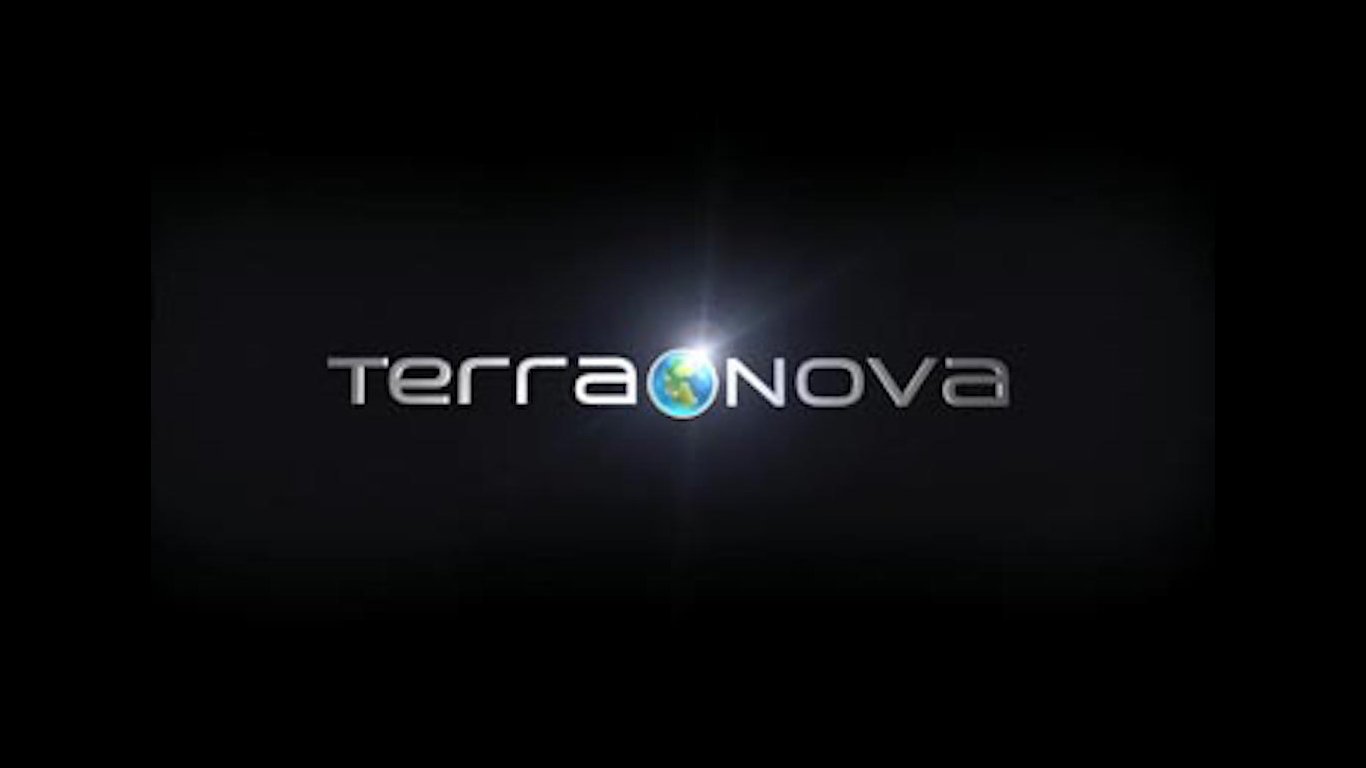
7. Terra Nova
> Company: Fox
> Year introduced: 2011
> What it was: TV show
Every year, TV shows are cancelled before the end of their first season. While Terra Nova, which aired for one 13-episode season, is not unusual in this regard, it may go down as the most costly cancelled television show of all time. Documenting the time-traveling adventures of a 22nd century family fleeing a dystopian society for a prehistoric past, the pilot of the show alone cost Fox between $16 and $20 million to make. Terra Nova encountered numerous production mishaps while filming in Australia, including a flood that nearly killed a crew member. Ratings failed to meet expectations, and the show was not renewed for a second season. Fox is estimated to have spent more than $50 million on the failed show, not including marketing costs.

8. Touch of Yogurt shampoo
> Company: Clairol
> Year introduced: 1979
> What it was: Shampoo
In keeping with the 1970s trend of incorporating natural food ingredients like lemon, herbs, and honey into beauty and hygiene products, Clairol — at the time a subsidiary of Bristol-Myers Squibb — thought a yogurt shampoo was just what the American consumer wanted. It turned out the company had grossly miscalculated. Many consumers were apparently confused as to what they had bought, as there were reported cases of people eating the shampoo.
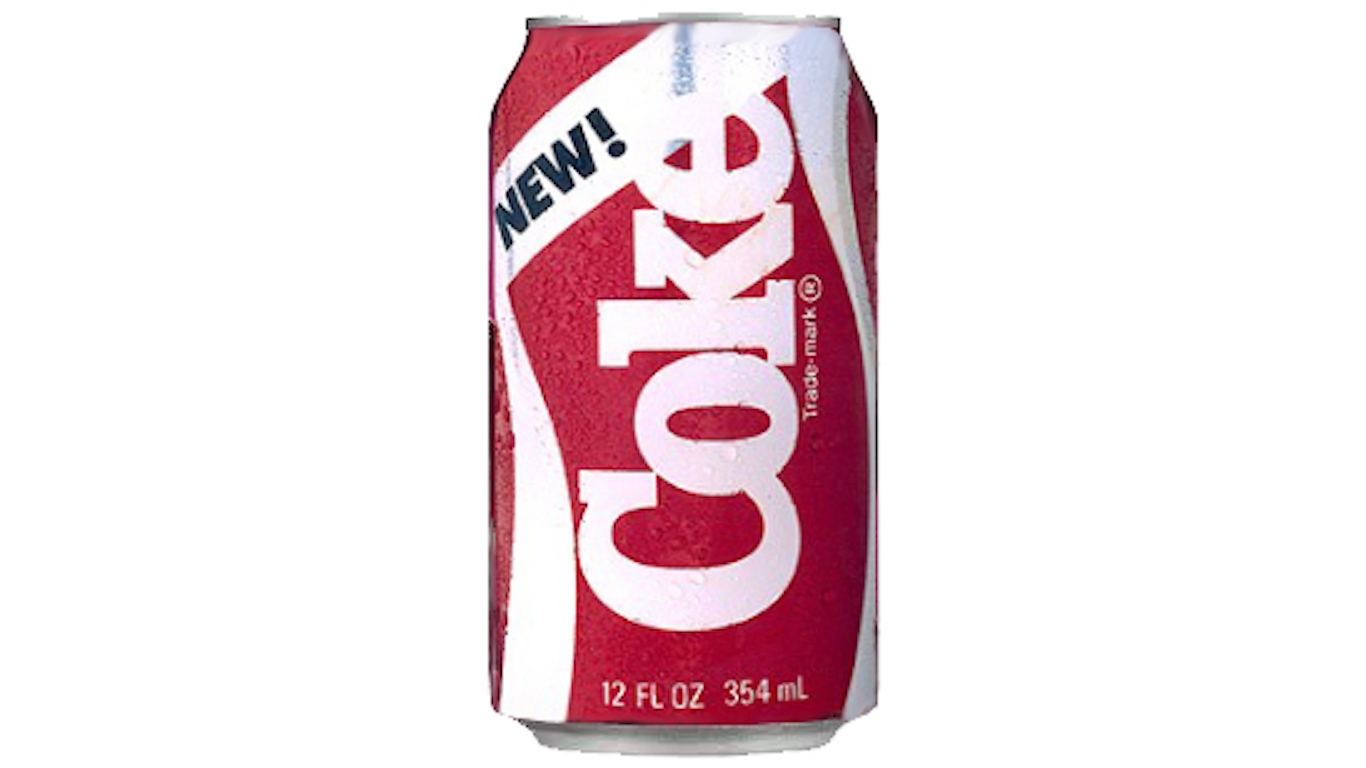
9. New Coke
> Company: Coca-Cola
> Year introduced: 1985
> What it was: Soft drink
Over the 15 years leading up to 1985, Coca-Cola’s flagship cola drink had been losing market share to Pepsi Cola. To compete, the company changed the drink’s formula for the first time in 99 years — but the move today is considered one of the greatest flops of all time. New Coke was met with public outrage and lasted only a few months. The company reintroduced its older formula, rebranded as Coca-Cola Classic.
[in-text-ad-2]
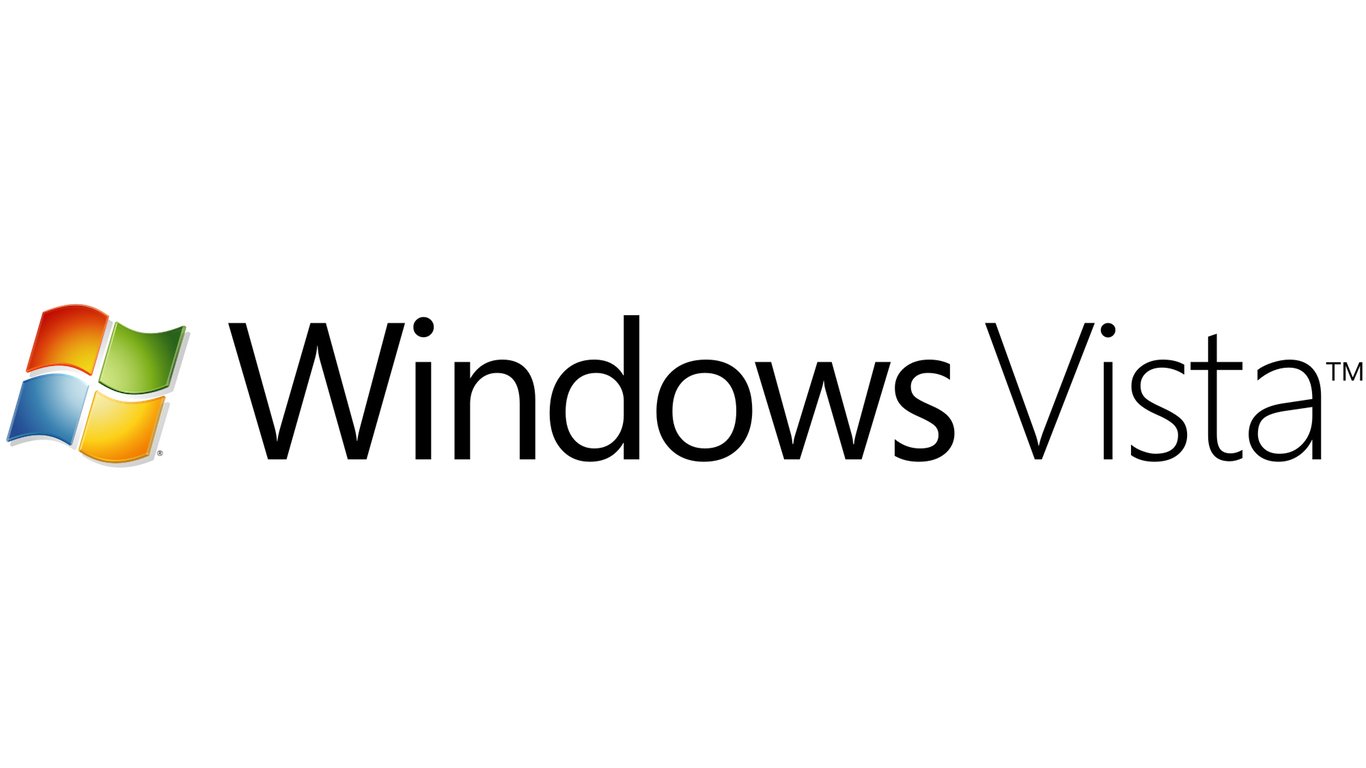
10. Windows Vista
> Company: Microsoft
> Year introduced: 2007
> What it was: Operating system
Introduced in 2007 as a follow-up to Windows XP, the Windows Vista operating system was everything its popular predecessor was not — in all the wrong ways. Panned by customers and IT professionals alike, Vista reduced PC performance and caused a number of internet problems for users. As a result, Dell began offering Windows XP again on new laptops a few short months after Vista was introduced. Windows announced this month that it would no longer provide support for Vista, driving the final nail into the operating system’s coffin.

11. Kitchen Entrees
> Company: Colgate
> Year introduced: 1982
> What it was: Frozen meal
Many of the worst product flops in recent memory were caused by otherwise popular brands wandering too far outside of their area of expertise. Colgate Kitchen Entrees may be the best example of such a product failure. When it came to pre-prepared frozen meals, Americans had plenty of options in the 1980s. Perhaps because consumers naturally associated the Colgate name with toothpaste, there was never much of an appetite for pre-made meals bearing the Colgate logo.
[in-text-ad]

12. Coors Rocky Mountain Sparkling Water
> Company: Coors
> Year introduced: 1990
> What it was: Sparkling water
Coors and Coors Light are two of the most popular beers in the United States. Introducing Coors Rocky Mountain Sparkling Water to the public in 1990, the Coors Brewing Company also sought to capitalize on the fast-growing bottled water segment in the United States. The water was Coors’ first non-alcoholic product since Prohibition. The Coors brand name did not help to sell the product, however, as the beer-name branding may have confused or even frightened consumers. Coors let its trademark of Rocky Mountain Sparkling Water expire in 1997.

13. Harley Davidson perfume
> Company: Harley Davidson
> Year released: 1994
> What it was: Perfume
Harley Davidson is one of the most iconic and valuable brands in the world. It is also one of the more masculine brands. The company has not deviated considerably from this fact, although it has tried. The company released Legendary Harley-Davidson, a cologne for men, among several other varieties, starting in 1994. Another perfume, Black Fire, hit the market as recently as 2005. All are now discontinued. In the 1990s, the company released a number of other products, including wine coolers and aftershave, which after failing miserably have also become classic cases of brand overextension.

14. Persil Power
> Holding company: Unilever
> Year released: 1994
> What it was: Stain remover
Unilever introduced Persil Power detergent to the market in 1994. The product utilized a newly patented stain removal formula called Accelerator. The company was so confident in the Accelerator catalyst that it carried out its $300 million introduction of Persil Power without any formal test marketing. Over time, it became clear the detergent was damaging clothes at high temperatures. After nine months on the shelves, the company replaced Persil Power with Persil New Generation, a detergent without the Accelerator compound.
[in-text-ad-2]

15. Cosmopolitan yogurt
> Company: Cosmopolitan
> Year introduced: 1999
> What it was: Yogurt
Cosmopolitan is a popular women’s magazine, full of fashion advice, dating tips, celebrity gossip, and horoscopes. What the magazine’s leadership was thinking when they expanded the brand’s reach from the magazine aisle to the dairy aisle remains a mystery. Few will likely remember the 1999 debut of Cosmopolitan’s yogurt line, as the short-lived product was only available for 18 months. Like many other products on this list, Cosmopolitan yogurt was a case of a brand reaching too far beyond its area of expertise.

16. DH 106 Comet
> Company: De Havilland
> Year introduced: 1949
> What it was: Airplane
We now take jet travel for granted, but the development of a commercially viable jetliner involved a great deal of trial, error, and some utter failures. De Havilland, a British aircraft manufacturer, developed the Comet, the first commercial jet airliner. Unfortunately, within a few years of its 1949 debut, the Comet encountered several unexplained fatal crashes, including planes overrunning the runway and one exploding in midair. The Comet’s reputation plummeted, and while De Havilland scrambled to redesign the plane, American companies Douglas and Boeing took over the industry.
[in-text-ad]

17. DeLorean DMC-12
> Company: Delorean Motor Company
> Year introduced: 1981
> What it was: Sports car
In 1973, auto executive John DeLorean left General Motors to form the DeLorean Motor Company. After years of production delays, the DeLorean DMC-12 was released in January 1981. The car’s unique design was poorly received, however, and by 1982 less than half of the 7,000 DeLorean units produced had been sold. The DeLorean is widely recognized due to its use as a converted time machine in the “Back to the Future” series. However, the first of these films was released in 1985, far too late to save the ill-fated brand. DeLorean filed for bankruptcy in 1982.

18. EZ Squirt
> Company: Heinz
> Year released: 2000
> Company revenue when released: Ketchup
Before EZ Squirt, ketchup was always varying shades of red. To cater to kids, who were — and still are — among ketchup’s largest groups of consumers, Heinz began producing purple, green, and blue EZ Squirt ketchup in matching, vibrantly colored squeeze bottles. At first, the colorful ketchup was a huge success. The novelty wore off quickly, however, and not long after its introduction, sales of EZ Squirt began to decline. In January 2006, less than six years after its debut, Heinz halted production of the product.
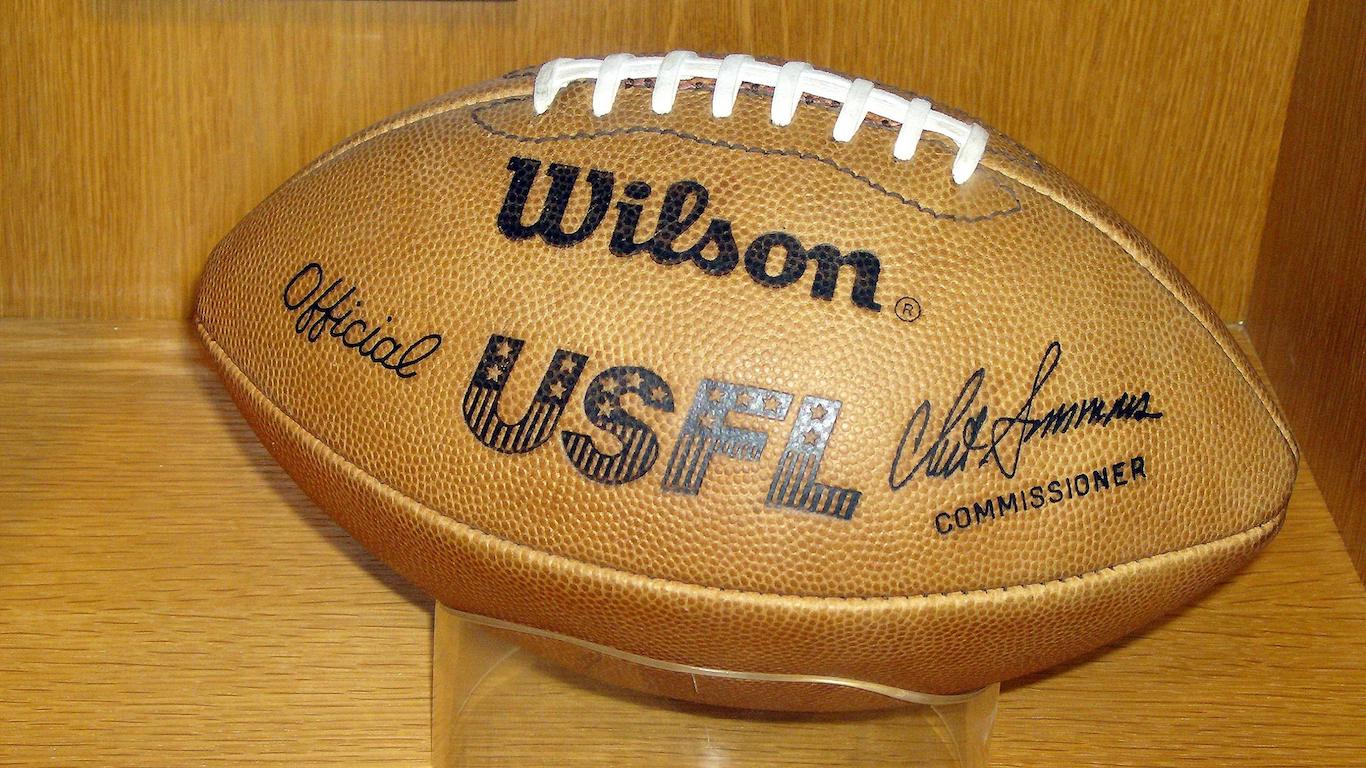
19. United States Football League
> Company: USFL
> Year introduced: 1982
> What it was: Sports league
Conceived as a way to satiate America’s appetite for football in the spring and summer months, the United States Football League was introduced in 1982. The league originally consisted of 12 teams, one of which, the New Jersey Generals, was owned by President Donald Trump. The league was beset with problems, not the least of which was finding stadiums to play in. Ultimately, over half a dozen teams folded when the league’s brain trust decided to compete directly with the NFL by scheduling games in the fall. By 1985, the league was finished.
[in-text-ad-2]
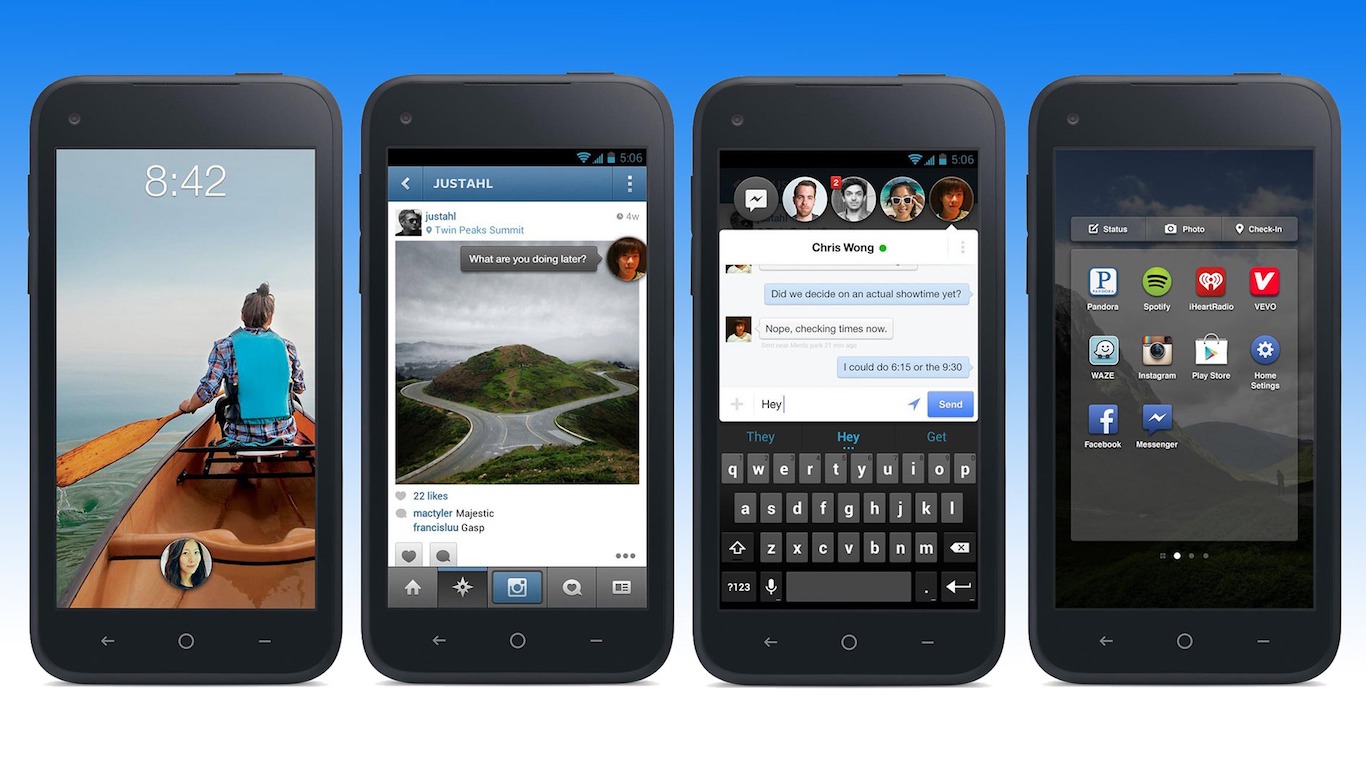
20. Home
> Company: Facebook
> Year introduced: 2013
> What it was: Mobile phone app
With rising mobile phone use and social media engagement, Facebook in 2013 decided to launch a family of apps that combine these trends. Facebook Home converts the home screen of a smartphone into the Facebook news feed. While most of Facebook’s over 1 billion users log in to their accounts on a smartphone, the social media giant’s new product never caught on. Early users cited clunky operation, the inability to toggle between Facebook Home and the original phone interface, and lack of options for customization, among other snags.

21. Edsel
> Company: Ford
> Year introduced: 1957
> What it was: Car
Ford spent a year aggressively marketing the Edsel — named after Henry Ford’s son — ahead of its 1957 release. It was to be the “car of the future,” made available on dealership lots on what Ford dubbed “E-Day.” Despite the hype, the car was a commercial disaster. It was considerably overpriced, disappointingly not futuristic, and generally ugly. Ford ceased the car’s production after only two years, losing an estimated $350 million.
[in-text-ad]

22. Friendster
> Company: Friendster
> Year introduced: 2002
> What it was: Social media site
Social media site Facebook is one of the biggest corporate success stories in recent memory. Unfortunately, when it comes to social media, for every success story there is at least one flop — as in the case of Friendster. The site’s users suffered through slow page loading times and the company’s developers failed to scale up when the number of subscribers spiked. Ultimately, competitors such as Facebook provided a much better user experience. Introduced in 2002, Friendster discontinued its services in mid-2015.

23. WOW! Chips
> Company: Frito-Lay
> Year introduced: 1998
> What it was: Snack
PepsiCo subsidiary Frito-Lay introduced its line of WOW! Chips in 1998. The chips, which were made with the fat substitute olestra, were marketed as a healthy snacking alternative. While WOW! Chips were an initial success with $347 million in sales in their first year — the most of any new product in 1998 — sales slowed when the unpleasant side effects of olestra, such as diarrhea and cramps, became better known. To add to the product’s problems, the Food and Drug Administration instituted labeling requirements for all products containing olestra to carry warnings of “abdominal cramping and loose stools,” and by 2000, sales of WOW! Chips were roughly 60% of what they were in the year of their release.
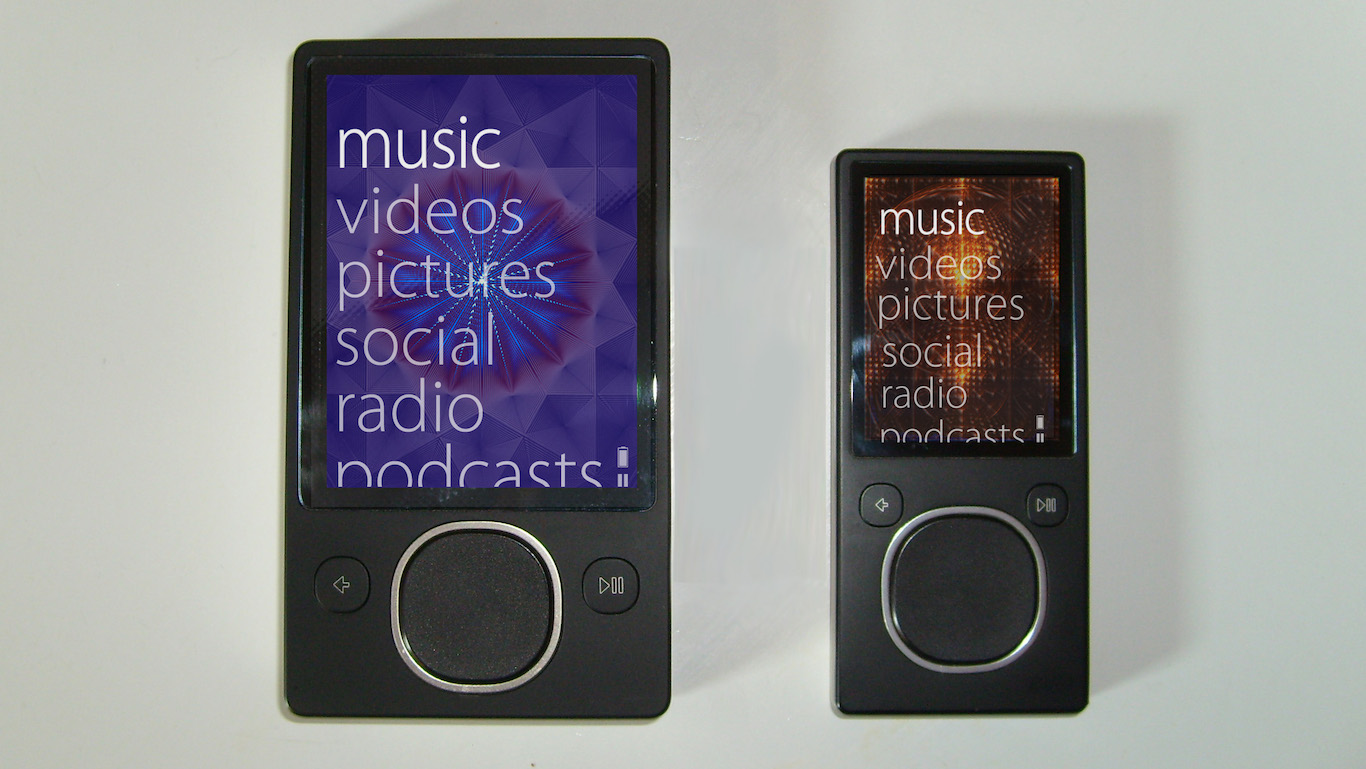
24. Zune
> Company: Microsoft
> Year introduced: 2006
> What it was: MP3 player
In an attempt to compete with Apple’s dominant iPod MP3 player, Microsoft released the Zune in 2006. As of November 15, 2015, Microsoft discontinued all streaming, downloading, and other music services for the Zune. In the fourth quarter of fiscal 2009, Microsoft recorded a 42% decline in revenue in its non-gaming devices segment — a decline largely attributable to the Zune’s poor performance. While the device might have been a reasonable choice for consumers, a number of reported bugs did not help sales. On December 31, 2008, most if not all 30GB Zunes stopped functioning simply because the underlying code had failed to account for the extra day in leap years.
[in-text-ad-2]

25. Relenza
> Company: GlaxoSmithKline
> Year introduced: 1999
> What it was: Influenza pandemic drug
In 1999, a flu pandemic fear caused by the spread of avian flu created demand for antiviral medications. The FDA approved two flu drugs during the pandemic — Tamiflu and Relenza. The former went on to report massive sales, while the latter became one of the worst product flops in the pharmaceutical industry. The powder form of the drug caused respiratory problems in some patients and was only approved as a treatment for influenza rather than a preventative measure. GlaxoSmithKline sold just $13 million worth of the drug in the first quarter of 2006. By comparison, Roche reported $770 million in Tamiflu sales in the first half of the year.

26. Google+
> Company: Google
> Year introduced: 2011
> What it was: Social media site
No all product flops are necessarily discontinued. Sometimes, despite failing to live up to company expectations, they linger. Such was the case with Google+, the social media platform the Silicon Valley giant launched in 2011 to compete with Facebook. However, even with a monumental marketing campaign, Google+ failed to distinguish itself from Facebook and never took off in the same manner. While the site experienced an initial surge in subscribers, by April 2015, Google+ had experienced a 98% decline in user engagement. In April 2019 Google Plus was shut down for good.
[in-text-ad]
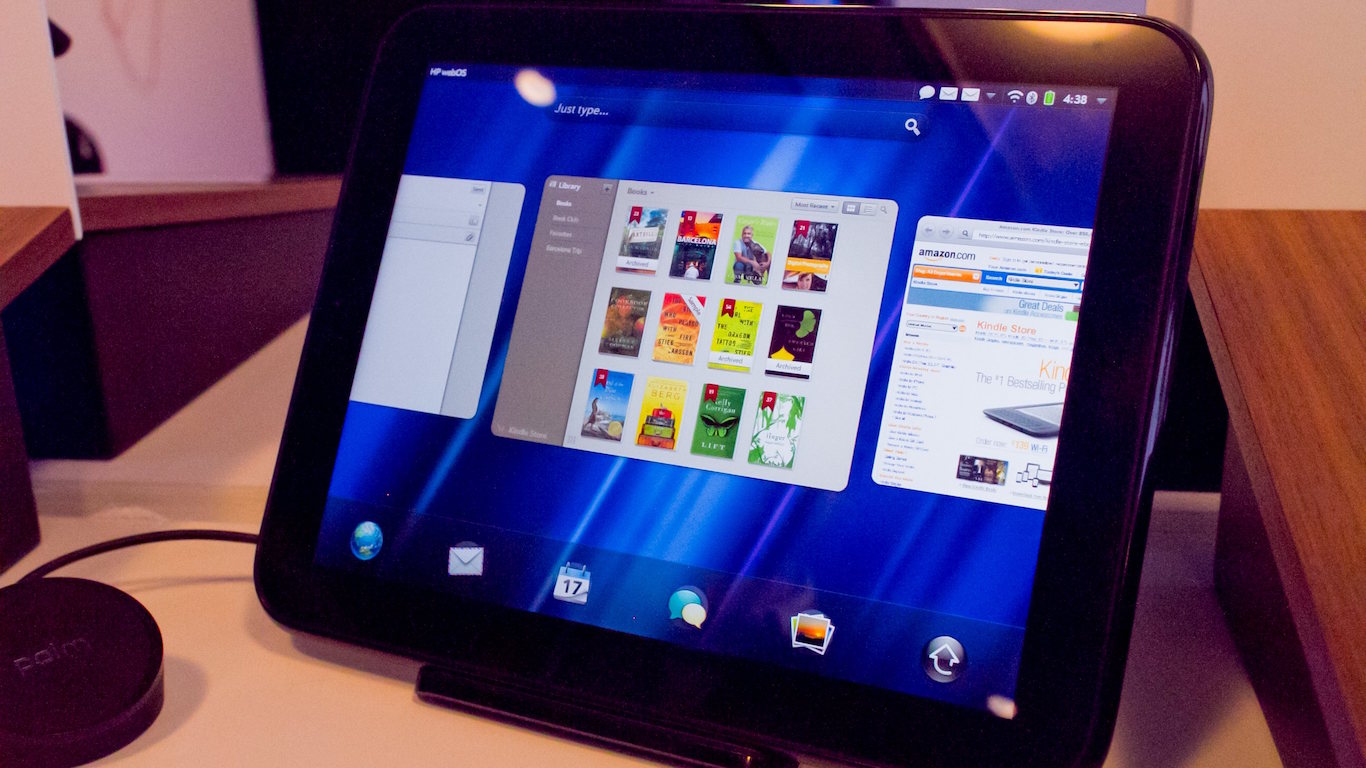
27. HP Touchpad
> Company: Hewlett-Packard
> Year introduced: 2011
> What it was: Tablet computer
The TouchPad was Hewlett Packard’s attempt to compete with Apple’s wildly successful iPad. Hewlett Packard unveiled the device in the middle of 2011 with an extremely costly advertising campaign. The rollout incorporated numerous celebrity contracts. By late summer, however, box stores such as Best Buy were sitting on excess inventory, and HP began offering steep discounts. Many discounted TouchPads were sold at a loss, and it is estimated the company lost hundreds of millions on the product in all.

28. Kellogg’s Breakfast Mates
> Company: Kellogg’s
> Year introduced: 1998
> What it was: Breakfast food
In 1998, Kellogg’s introduced Breakfast Mates, an all-in-one package containing a serving of cereal, a small carton of milk, and a plastic spoon. The product was designed as a time saver that would appeal busy families with two working parents. The stated convenience of the all-in-one packaging did little to save time, largely because traditional cereal is already relatively convenient to consume. In a controlled test reported by The New York Times, preparing a bowl of cereal the traditional way took only one second longer than preparing a bowl of Breakfast Mates. To make matters worse, the product’s $30 million ad campaign sent a mixed message, depicting a family eating the supposedly portable cereal around the kitchen table. In August 1999, Kellogg’s announced Breakfast Mates would be discontinued due to low sales.
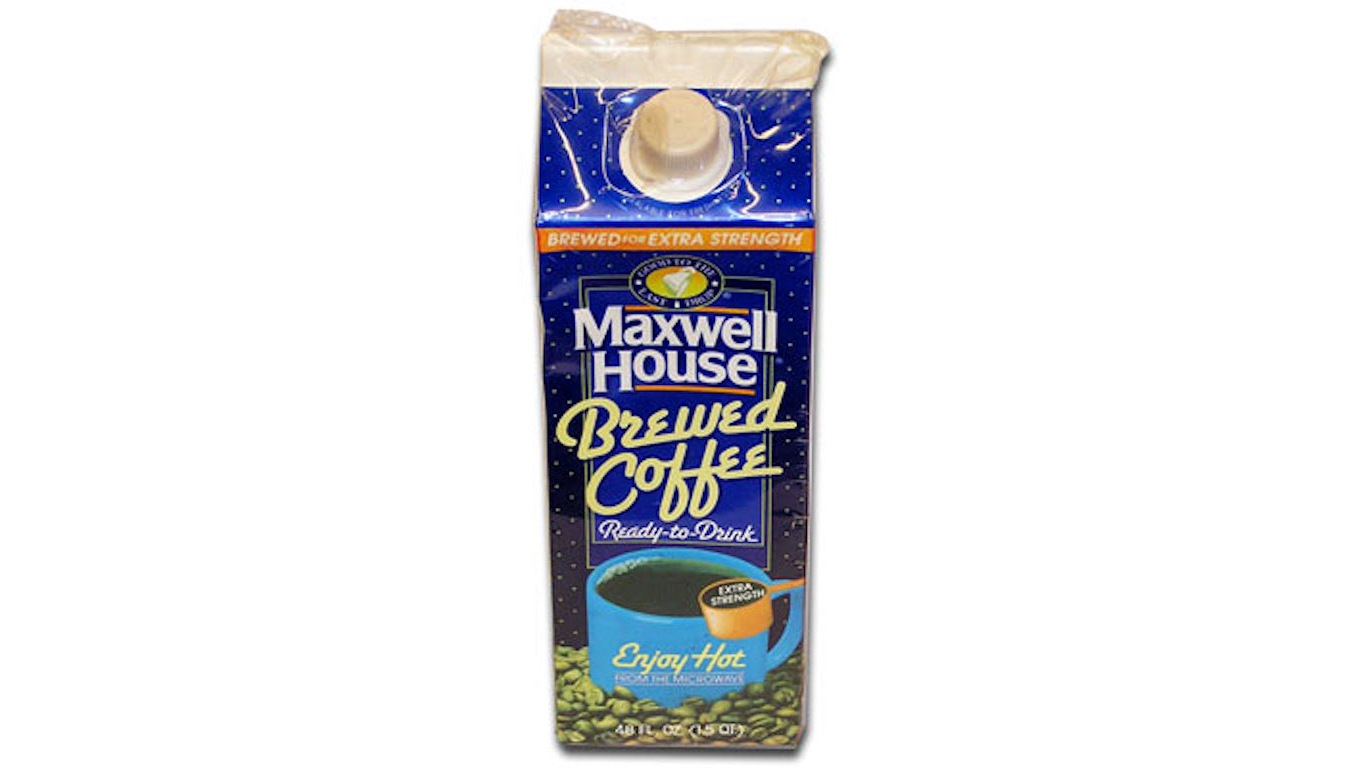
29. Maxwell House Brewed Coffee
> Company: Maxwell House
> Year introduced: 1990
> What it was: Coffee
Maxwell House Brewed Coffee was pre-brewed coffee sold in a carton with a picture of a hot mug of coffee on the packaging, a misleading visual cue for a product meant to be stored in the refrigerator. Adding to the product’s issues, the carton was lined with foil and could not be microwaved. For a product marketed for its convenience, this was an especially problematic feature for consumers. The product was discontinued shortly after it was released.
[in-text-ad-2]

30. Arch Deluxe
> Company: McDonald’s
> Year introduced: 1996
> What it was: Hamburger
McDonald’s introduced several failed products throughout its 60-year history, but none so monumental as the Arch Deluxe. Introduced in 1996, the Arch Deluxe was marketed as a more gastronomic hamburger with “a grown-up taste.” One commercial featured a child unable to enjoy the sophisticated burger, stripping its toppings to satisfy his unrefined palate. The Arch Deluxe’s advertising budget was an estimated $200 million, the most of any fast food product at the time. However, the approach failed and sales of the Arch Deluxe missed the $1 billion expectation set for its first year. The Arch Deluxe was eventually discontinued.
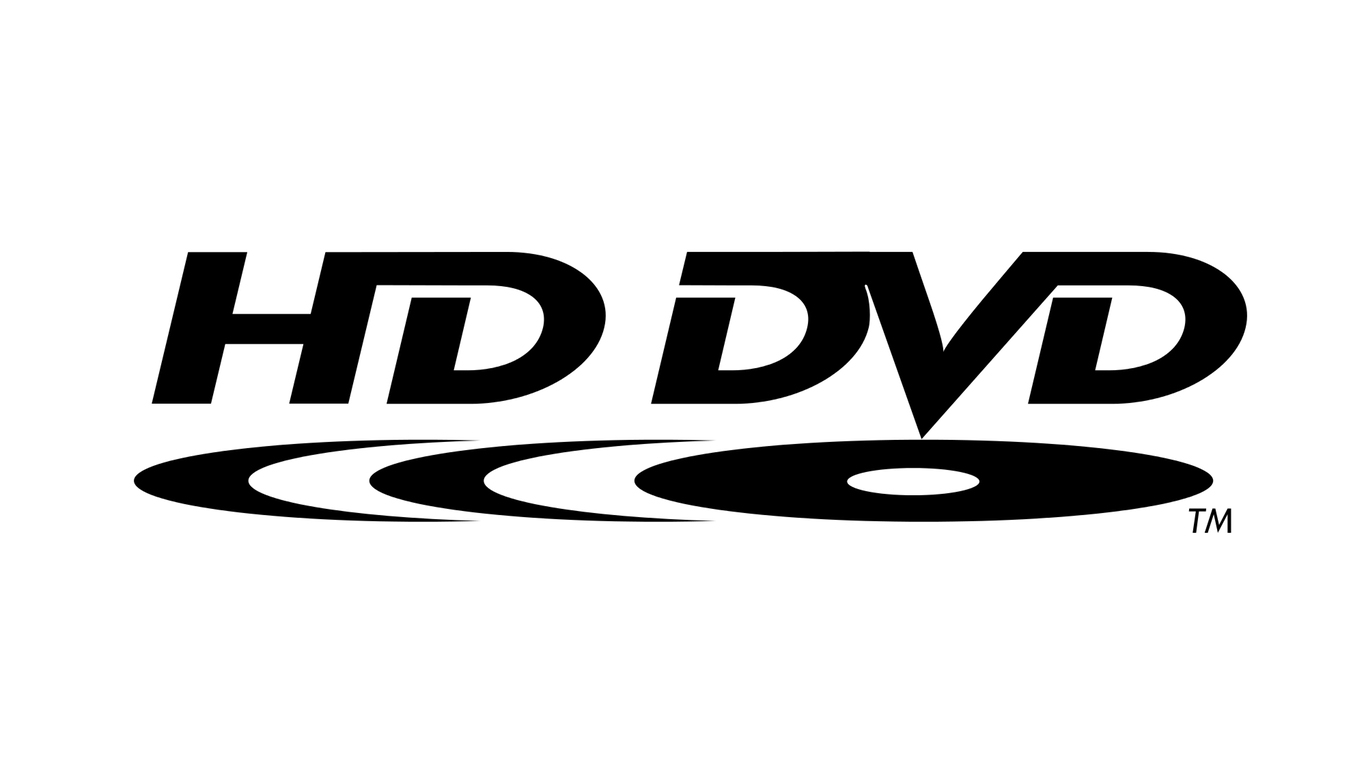
31. HD DVD
> Company: Toshiba
> Year introduced: 2006
> What it was: Media storage/playback device
Blu-ray’s succession of the DVD was not preordained. Before Blu-ray was the dominant medium for video playback, it was competing with Toshiba’s HD DVD. Essentially the same product, HD DVD was effectively taken out to pasture when in January 2008, Warner Bros. announced it would only support Sony’s Blu-ray format. Toshiba was not the only loser in the battle against Blu-ray. Millions of Americans found themselves stuck with HD DVD players and laptops after the dust settled.
[in-text-ad]

32. Microsoft Bob
> Company: Microsoft
> Year introduced: 1995
> What it was: User interface
Microsoft released Microsoft Bob in March 1995. Intended as a simple, easy-to-use OS interface at the time, Bob presented the desktop as a house, with familiar objects corresponding with different computer applications. Clicking on the stationary lying on a desk, for example, opened the word processor. Despite its simple appearance, Bob required more processing power than most home computers had in 1995. Bob was also considered too expensive and poorly designed, and was overshadowed by the release of Windows 95 later that year. Bob was discontinued roughly a year after its release.

33. 47 Ronin
> Company: Universal Pictures
> Year introduced: 2013
> What it was: Movie
The 2013 fantasy action film “47 Ronin”, starring Keanu Reeves, is now notorious as one of the biggest box office flops of all time. The movie lost nearly $150 million on a $225 million budget and left Universal Pictures in the red for the fiscal year. Insiders point to multiple rewrites of the screenplay as well as several post-production changes that were made as filmmakers and studio executives attempted to find creative balance while appeasing moviegoers. In the end, the film failed to strike a chord with audiences and critics alike.
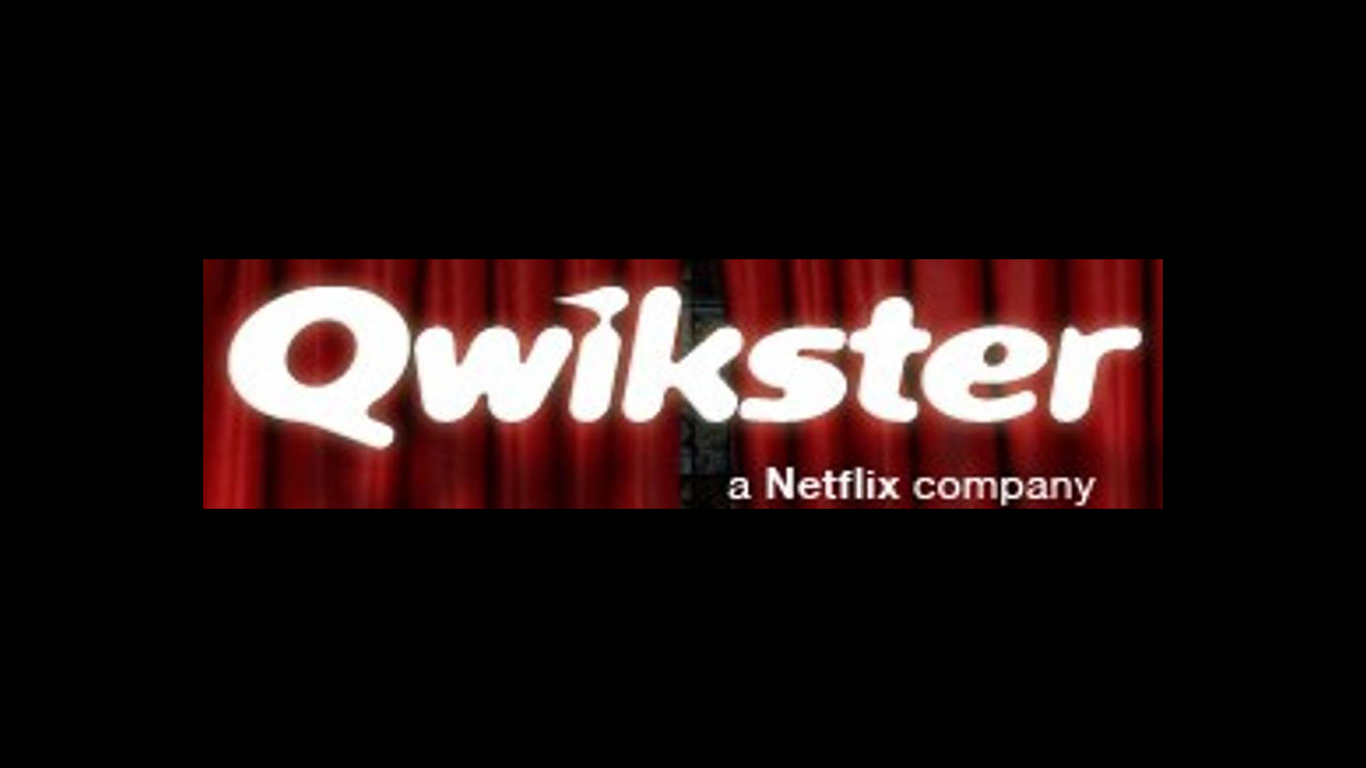
34. Qwikster
> Company: Netflix
> Year introduced: 2011
> What it was: DVD rental service
Before Netflix became the media streaming giant we know today, it was exclusively a deliver-by-mail DVD rental service. In an ill conceived of strategy, CEO Reed Hastings announced in September 2011 the company’s plan to spin off its DVD rental service into a separate company, known as Qwikster. The move, which was meant to allow Netflix to focus more on its streaming services, would have cost consumers about 60% more if they wished to continue to have access to both services. Unpopular with customers and widely criticized, Hastings scrapped the plan less than a month after it was announced.
[in-text-ad-2]
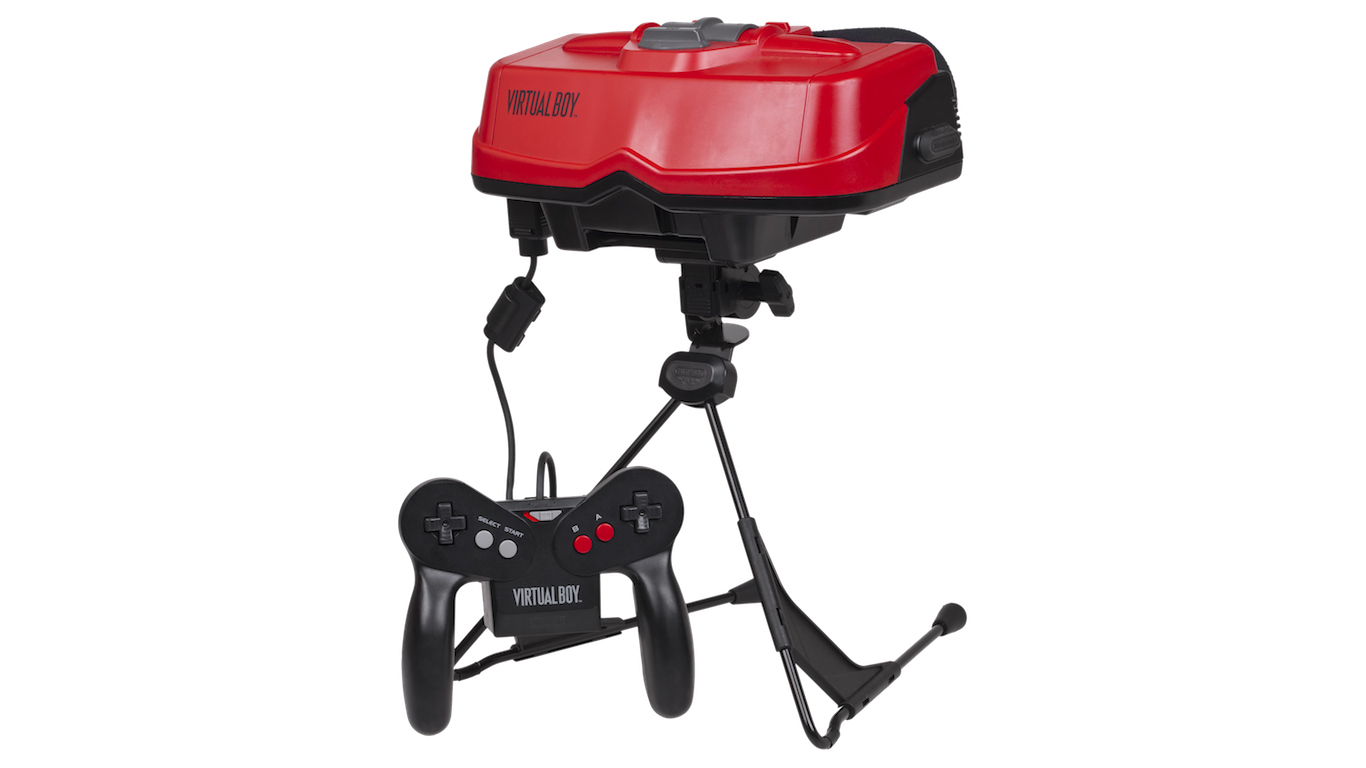
35. Virtual Boy
> Company: Nintendo
> Year introduced: 1995
> What it was: Portable game console
Virtual Boy was game console maker Nintendo’s early foray into virtual reality technology. However, the company discontinued the portable console less than a year after its 1995 release, selling just 770,000 units globally. It is known as one of the company’s worst failures. To cut costs and reduce battery drain, Nintendo used only black and red shades in Virtual Boy games, which bothered some users. Using the Virtual Boy also caused eye strain in some users, which led Nintendo to include an automatic shutoff mechanism.

36. MeeGo
> Company: Nokia/Intel
> Year introduced: 2010
> What it was: Operating system
Unlike Windows Vista, another operating system on this list, smartphone OS MeeGo was not necessarily a flawed product. By most accounts, the MeeGo operating system just came at the wrong time. Not long after its introduction, the operating system was dropped by then Nokia CEO Stephen Elop in favor of Windows Phone 7 operating system. Though it has not been used in years, MeeGo may find a second life as a tablet operating system.
[in-text-ad]
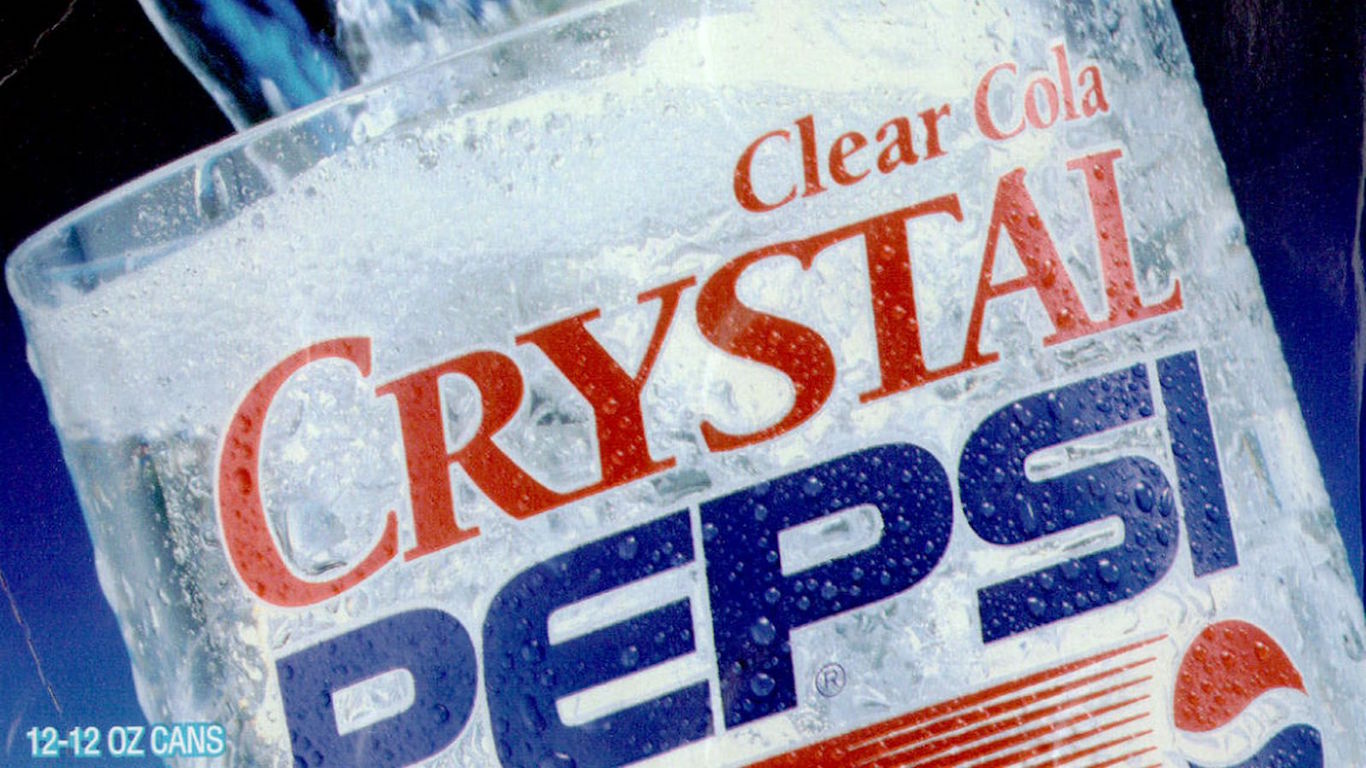
37. Crystal Pepsi
> Company: Pepsi
> Year introduced: 1992
> What it was: Soda
Crystal Pepsi was introduced to soda lovers across the United States in 1992. The product tasted like regular cola but was clear and caffeine free in an attempt to convey purity and heath. Crystal Pepsi was heavily promoted, with the company even buying an ad slot during Super Bowl XXVII. Despite strong initial sales, the public’s interest quickly waned and the soda was discontinued less than two years after its release.
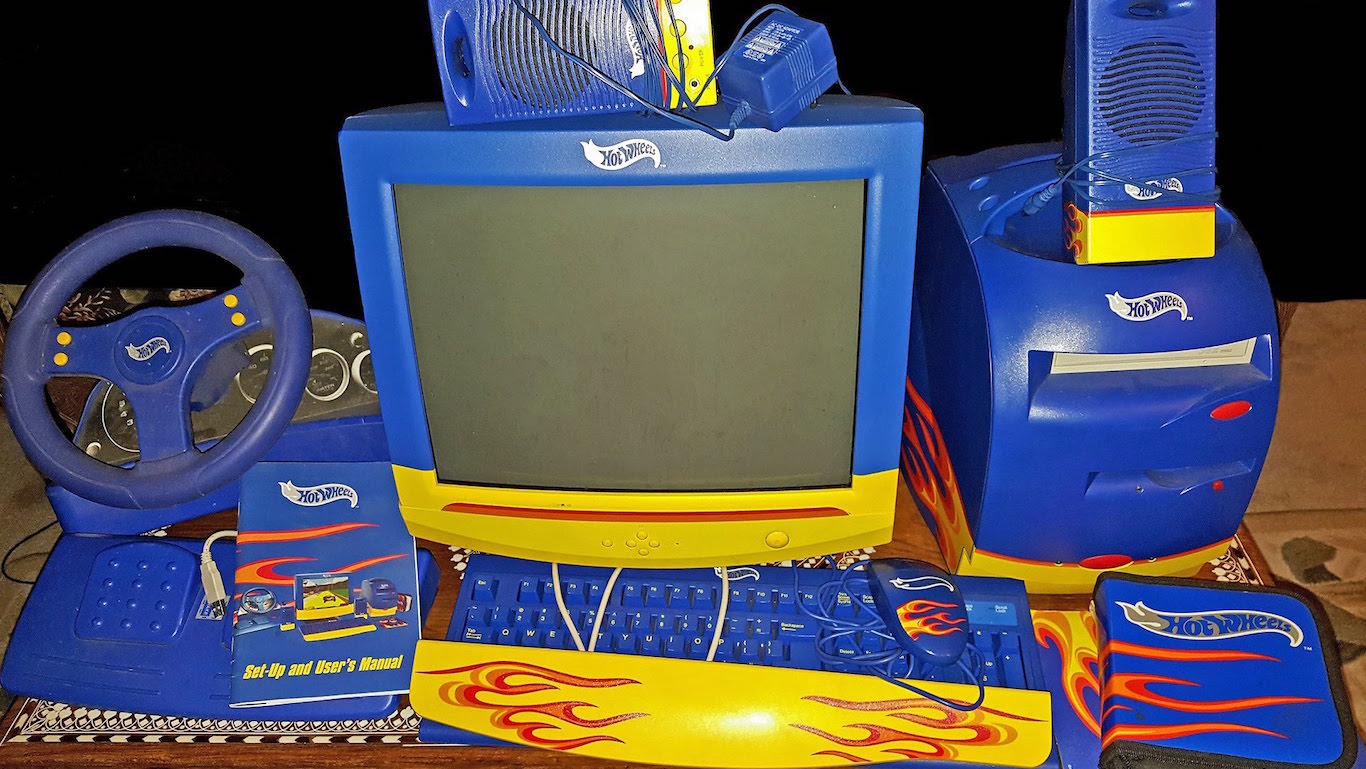
38. Hot Wheels and Barbie computers
> Company: Mattel / Patriot Computers
> Year released: 1999
> What it was: Toy computer
In 1999, Mattel announced that it had entered a licensing agreement to sell Barbie and Hot Wheels computers. The computers would be manufactured and sold by the Patriot Computer Corporation, a privately held company based in Toronto. The move was part of an attempt to reconcile the declining sales of Barbie dolls and growing sales of software and CD-ROMs.
The computers, however, had many manufacturing flaws, and the resources Patriot devoted to fixing and replacing broken computers drove it out of business. By December the following year, the company had fired its 200 employees and filed for bankruptcy.
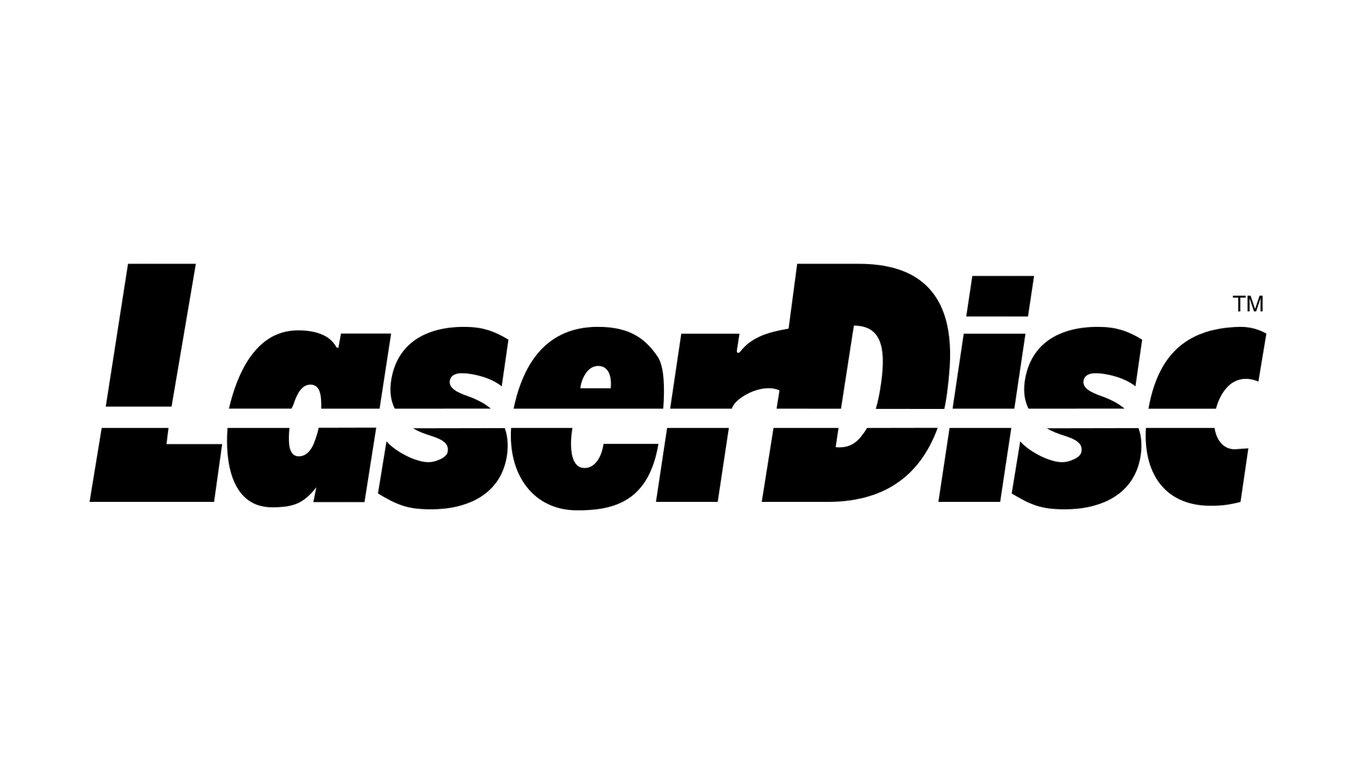
39. LaserDisc
> Company: Phillips
> Year introduced: 1978
> What it was: Media storage/playback device
LaserDisc was effectively a precursor to the DVD, offering consumers a higher quality picture and sound than VHS tapes. The product’s numerous drawbacks, however, outweighed any benefits. Unlike VHS players, LaserDisc players could not record television shows — an important feature before the days of TiVo. LaserDisc players, as well as LaserDiscs themselves, were also relatively expensive. Introduced in the 1970s, LaserDisc made a brief comeback in the 90s, but ultimately failed to gain traction.
[in-text-ad-2]
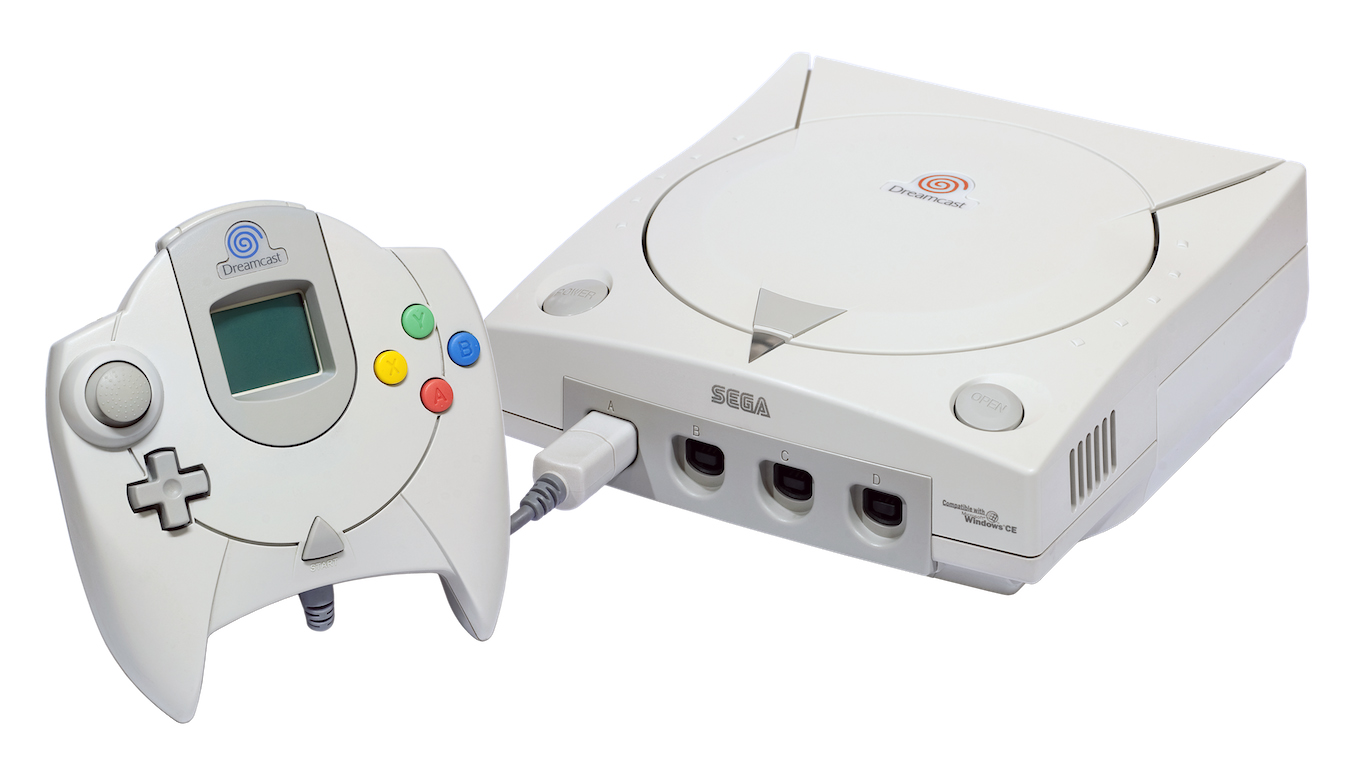
40. Dreamcast
> Company: Sega
> Year introduced: 1999 (North America)
> What it was: Game console
In the 1990s, Sega was a dominant player in the consoles and games business. Sega had such success with its Sonic the Hedgehog games and Genesis console, that at one point the company held 60% of the North American market. The Dreamcast launched in 1999 in North America, within a few years of successful predecessors like the Nintendo 64 and Sony Playstation. Many consider the Dreamcast to have been ahead of its time — it was the first console to introduce worldwide network compatibility — but the system just never caught on. Dreamcast sold miserably and was discontinued after just over two years, in part due to the success of the PS2, which launched in 2000. While it was not Sega’s only failure, it may have been its most colossal, marking the end of the company’s attempts at game consoles.

41. S&W Mountain Bikes
> Company: Smith & Wesson
> Year introduced: 2002
> What it was: Mountain bike
Gun manufacturer Smith & Wesson has been making police bicycles for about 20 years. The company also attempted to sell mountain bikes to the general public in 2002. Like many other products on this list, the company’s consumer bike segment likely failed because bicycles were too far beyond the scope of the Smith & Wesson brand and what most Americans associate with it.
[in-text-ad]
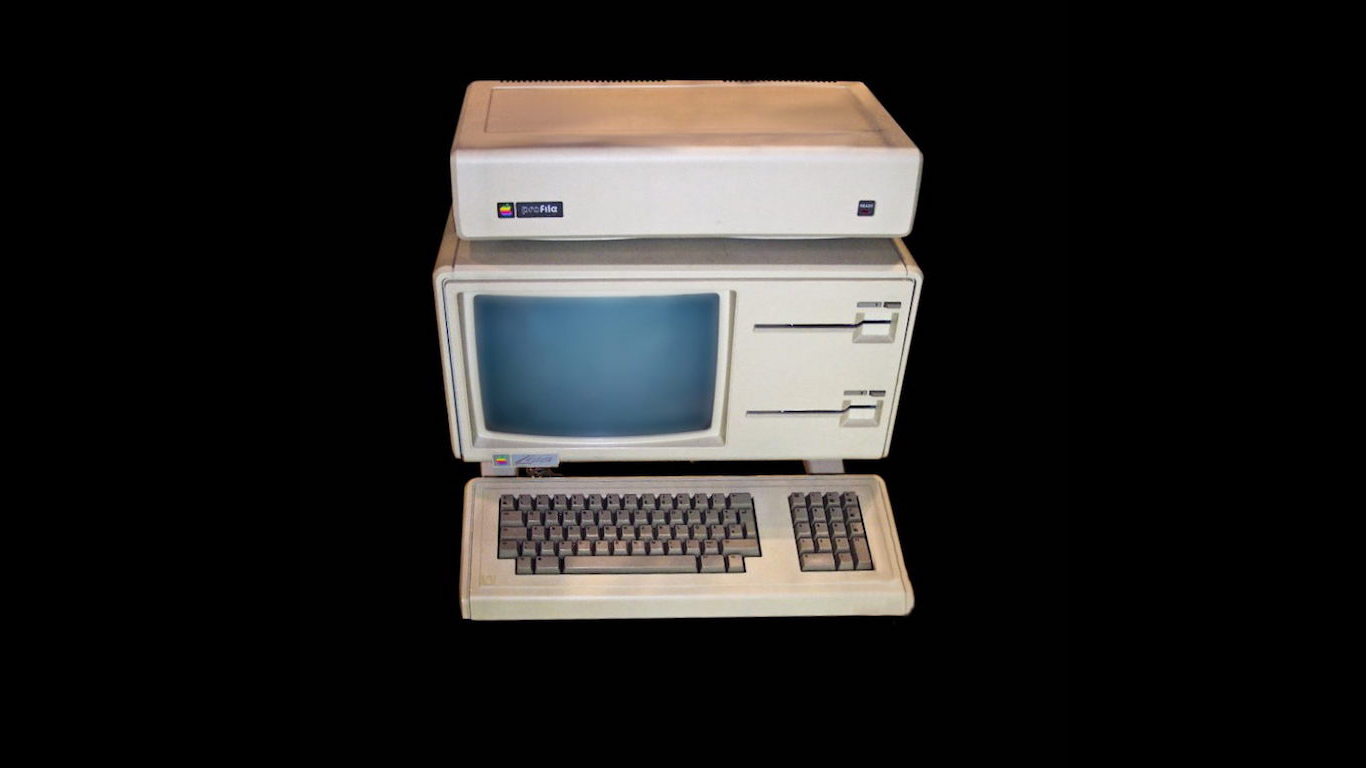
42. Lisa
> Company: Apple
> Year introduced: 1983
> What it was: Personal computer
Before Apple hit its stride in the 2000s and became the most profitable corporation in history, the company was responsible for some of the worst product flops of all time. Designed as a high-end personal computer with a graphical user interface for business customers, the Apple Lisa took three years and $50 million to develop before its release in 1983. However, the computer’s $9,995 price tag, which is equivalent to roughly $25,000 today, was too high for many consumers. After selling just 100,000 units in two years Apple discontinued the Lisa in 1985.
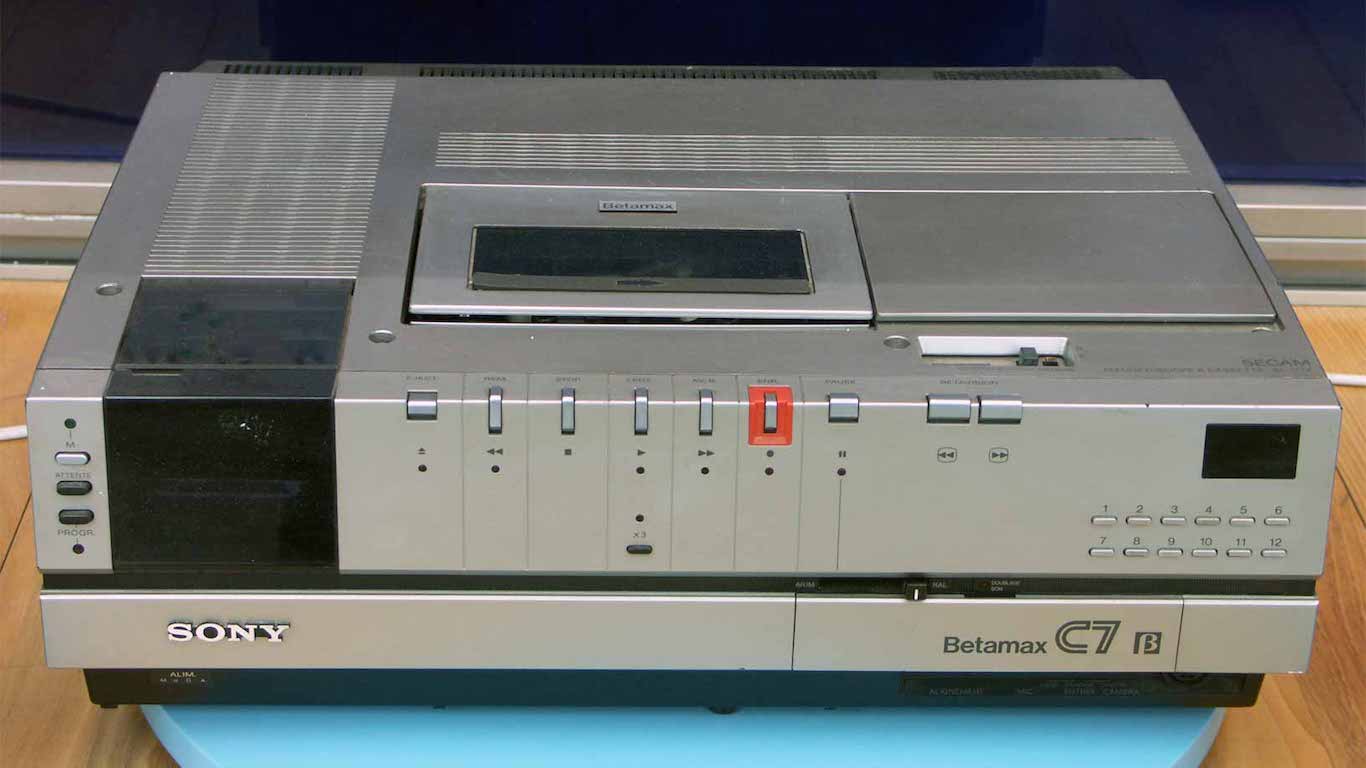
43. Betamax
> Company: Sony
> Year introduced: 1975
> What it was: Video cassette format
In the early 1970s, videotapes were still a novel technology, and the VHS tape had yet to become the standard video cassette format. Sony introduced the Betamax format in 1975, one year before JVC introduced the VHS tape. While Betamax tapes had superior resolution and sound quality, Sony refrained from licensing its technology to other manufacturers, in turn limiting the variety of movies available on the format. Meanwhile, JVC licensed its VHS technology to any interested manufacturer. The Betamax’s share of the VCR market fell from 100% in 1975 to 10% in 1988, and continued to dwindle in the following years.

44. Too Human
> Company: Silicon Knights
> Year introduced: 2008
> What it was: Video game
Released in 2008 after years of costly development delays, “Too Human” failed to live up to expectation and became one of the worst flops in video game history. A legal ruling eventually removed the game from the marketplace and pushed Silicon Knights, the game’s developer, into bankruptcy. The game’s production budget skyrocketed to an estimated $100 million after the game engine developer, Epic Games, failed to deliver the engine on time, forcing Silicon Knights to build it own game engine. When Silicon Knights sued Epic Games for missing the deadline, the latter counter-sued, which resulted in a court order forcing the developer to destroy all unsold copies of the game.
[in-text-ad-2]
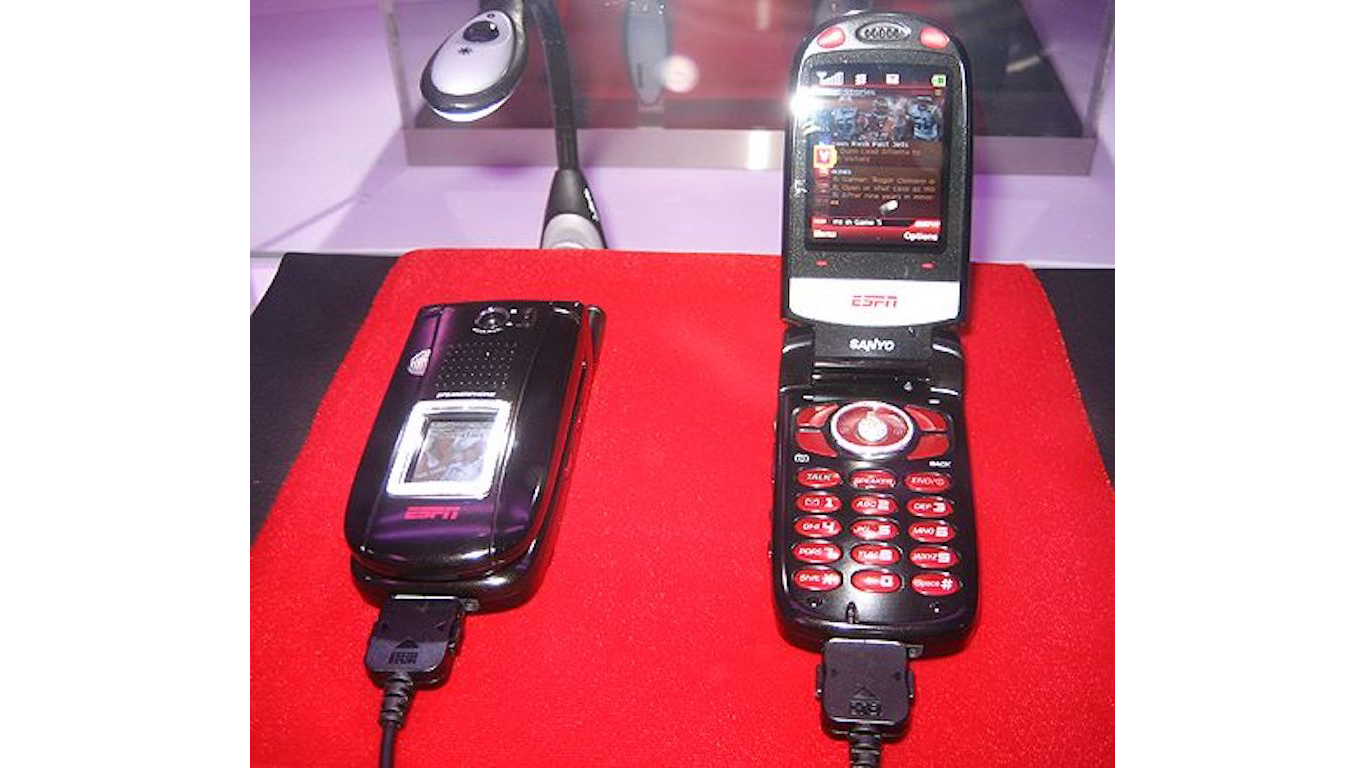
45. Mobile ESPN
> Company: ESPN
> Year introduced: 2006
> What it was: Mobile phone service
In 2006, ESPN attempted to capitalize on the desire of sports fan to have access to sports stats, scores, and video on the go. Mobile ESPN required users to buy a specific phone, which would include access to ESPN content as part of the subscription. However, the only phone Mobile ESPN offered, a Sanyo, cost $400, and the service was $40 per month, too rich for many sports fans. The service shut down within a year. Disney, ESPN’s parent company, spent $150 million on the failed venture.
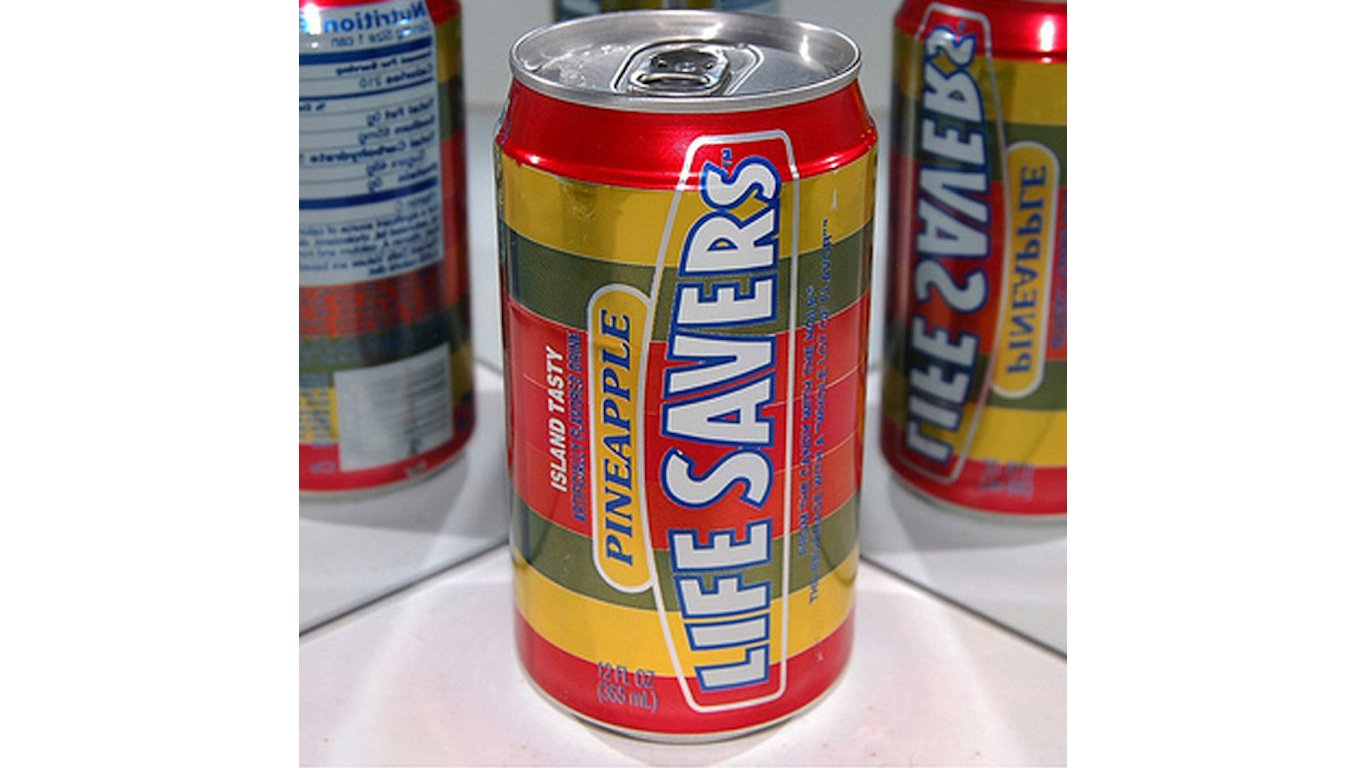
46. Life Savers soda
> Company: Life Savers
> Year introduced: 1995
> What it was: Soft drink
Though Life Savers soda tested well in focus groups, it failed to gain traction with the broader consumer market. Many attribute the soft drink’s failure to the prevailing perception that it was liquid candy. The soda was available in some of the candy’s popular fruit flavors, including pineapple, orange punch, grape punch, and lime punch. Life Savers did not release a mint flavored soda, however.
[in-text-ad]
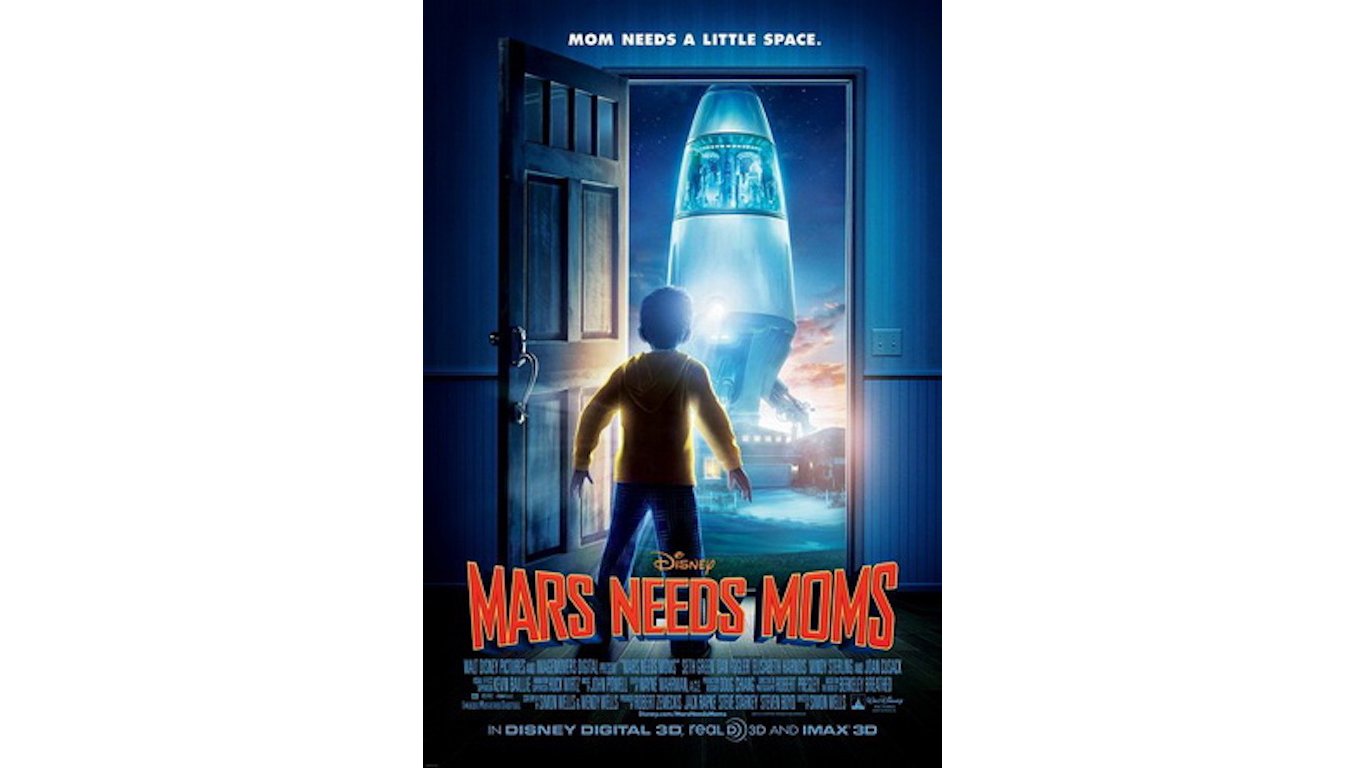
47. Mars Needs Moms
> Company: Walt Disney Motion
> Year introduced: 2011
> What it was: Studio film
Released in March 2011, Disney’s “Mars Needs Moms” grossed just $6.9 million in its opening weekend. Produced with a $150 million budget, “Mars Needs Moms” was one of the worst flops in cinema history. Film critics partially blame animation studio ImageMovers Digital for the film’s box office failure. The movie was animated using an expensive motion-capture process, a technology still in its infancy. According to one viewer, “The movie looked downright creepy.” ImageMovers Digital was closed after the studio wrapped production on the film.

48. EONS
> Company: Eons.com
> Year introduced: 2006
> What it was: Social media site
In July 2006, Monster.com founder Jeff Taylor launched Eons.com — a social network for baby boomers and other internet users over the age of 50. According to surveys conducted by Pew Research Center, an estimated 32% of seniors over the age of 65 used the internet at the time of the website’s launch compared to 86% of young adults aged 18 to 29. While the share of seniors on the internet has doubled over the past decade, Eons failed to gain traction and was sold to Crew Media in 2011.
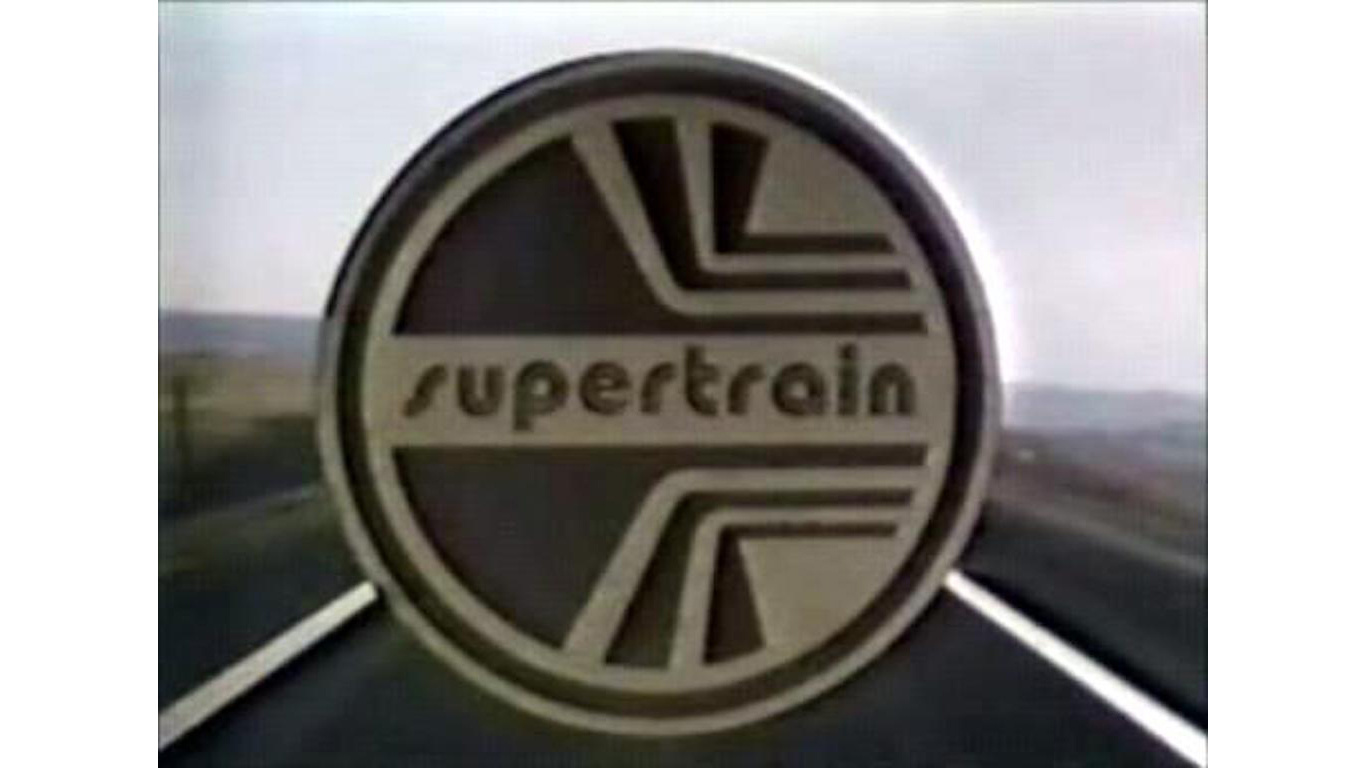
49. Supertrain
> Company: NBC
> Year introduced: 1979
> What it was: TV show
When NBC’s “Supertrain” premiered in 1979, it was the most expensive TV series ever aired. Set aboard a nuclear-powered train that travels between New York City and Los Angeles at speeds nearing 200 miles an hour, the show’s production required a model train set that cost around $3 million in today’s dollars. The model crashed during its first demonstration, and the show as a whole soon followed. Debuting to poor ratings and negative reviews, “Supertrain” was cancelled after just nine episodes.
[in-text-ad-2]
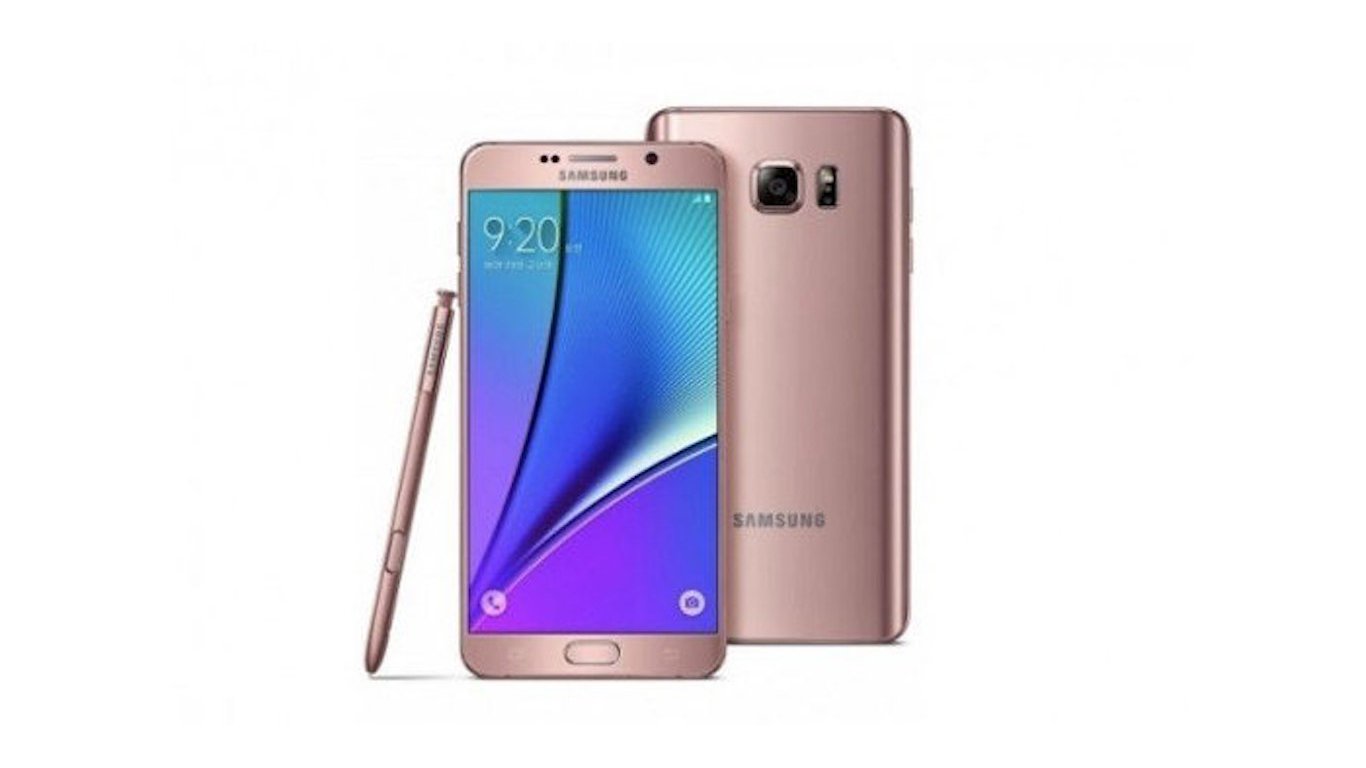
50. Galaxy Note 7
> Company: Samsung
> Year introduced: 2016
> What it was: Tablet phone
Samsung, which has overtaken Apple in the smartphone market last year, also had one of (the larger and–optional) more recent product flops. The Note S7, a phablet that launched in August 2016, was initially well received. However, it had a serious flaw. A problem with the battery software resulted in the phones catching fire on several occasions, including once on a SouthWest Airlines flight, which had to be evacuated. Soon, the Department of Transportation made it illegal to bring a Note 7 on a commercial flight. By October, after an extremely expensive recall, Samsung suspended worldwide production of the Note 7. The company lost what is estimated to be over $3 billion due to the debacle, and Apple once again took the lead in the global smartphone market earlier this year.
Detailed Findings & Methodology
Hindsight is 20/20, and while many of these gaffes might not have been predictable at the time, the reasons for their failure are often much clearer today. The reasons for the failures often fall into one of a several categories: overpricing, timing, bad advertising, product flaws, and reaching beyond what consumers of a brand are willing to accept.
Sometimes products are sold at a premium because they offer features competitors do not, either perceived or actual. When customers do not feel a product is superior to another — rightly so or not — they will not pay the premium price. While Apple is able to sell computers at a premium today because of its brand perception, the Lisa, introduced in 1983, failed largely as a result of its nearly $10,000 price tag.
Many of the products on this list could have been perfectly viable, possibly even a hit, if they had been introduced at a different time. Sega’s Dreamcast was the first major console to introduce global network connectivity, but this was before every home had a stable connection fast enough to make the Dreamcast viable at the time.
For some flops on this list, it appears poor market research doomed these products. McDonald’s Arch Deluxe was marketed as a burger for those with refined palates, turning away kids, as well as many adults, from the ill-fated item. Coca-Cola completely misjudged the desire of its customers when it changed its classic flavor and introduced New Coke.
Sometimes, brands overextend their reach, introducing products that clash with their image and target demographics. One does not need to dig too deep to understand why Colgate, a brand associated with toothpaste, failed to make its line of frozen dinner products a success. The same can be said for Cosmopolitan’s brand of yogurt, Smith & Wesson’s mountain bike line, or Harley Davidson’s perfume.
Of course, many of the products on this list were simply poorly designed or faulty — at times downright dangerous. Such was the case with Mattel’s line of seriously flawed Hot Wheels and Barbie computers, or the Galaxy Note 7, plagued by battery fires that caused the phone to be banned on airplanes, recalled, and eventually discontinued.
Despite their disappointing launches, some of these products still exist today. Google’s Glass and Google+ each became the butt of jokes after failing to live up to lofty promises. One day, we may see one of these flops become the product it was meant to be.
Take This Retirement Quiz To Get Matched With An Advisor Now (Sponsored)
Are you ready for retirement? Planning for retirement can be overwhelming, that’s why it could be a good idea to speak to a fiduciary financial advisor about your goals today.
Start by taking this retirement quiz right here from SmartAsset that will match you with up to 3 financial advisors that serve your area and beyond in 5 minutes. Smart Asset is now matching over 50,000 people a month.
Click here now to get started.
Thank you for reading! Have some feedback for us?
Contact the 24/7 Wall St. editorial team.
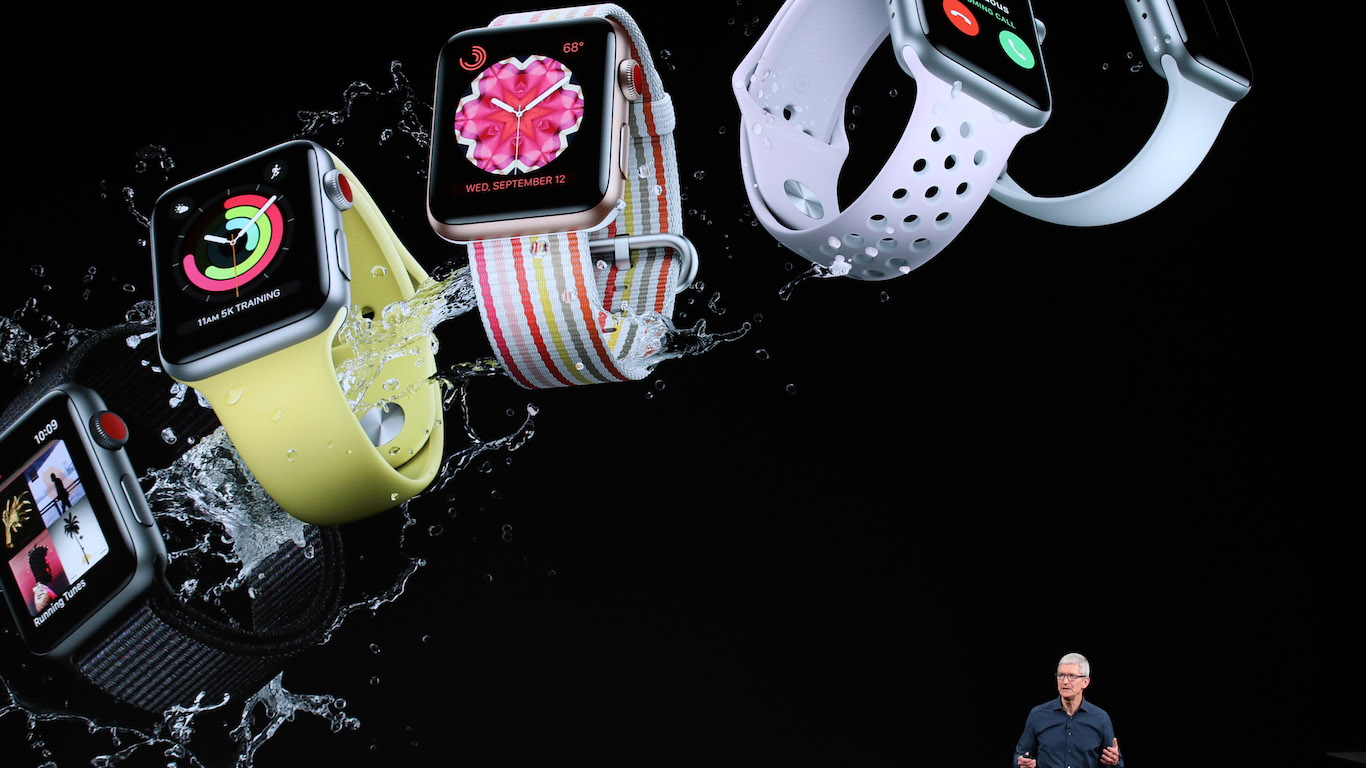 24/7 Wall St.
24/7 Wall St. 24/7 Wall St.
24/7 Wall St.
